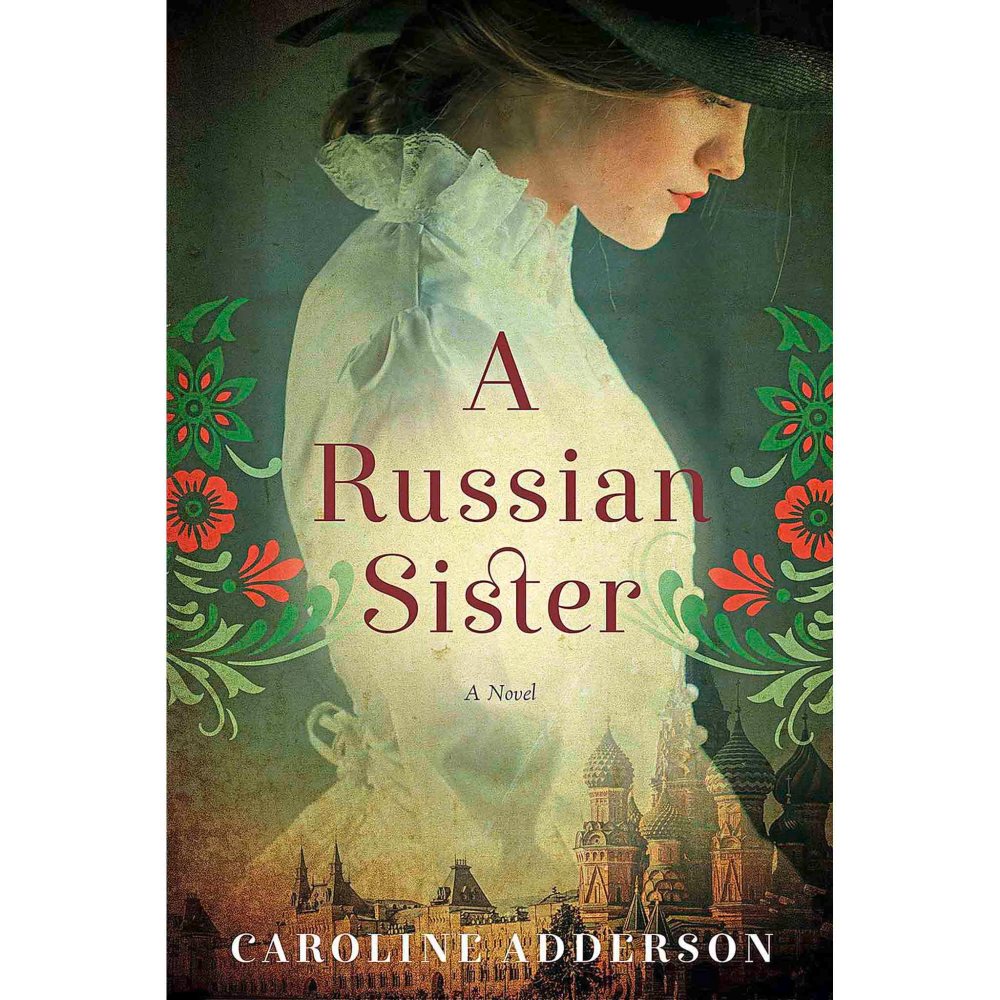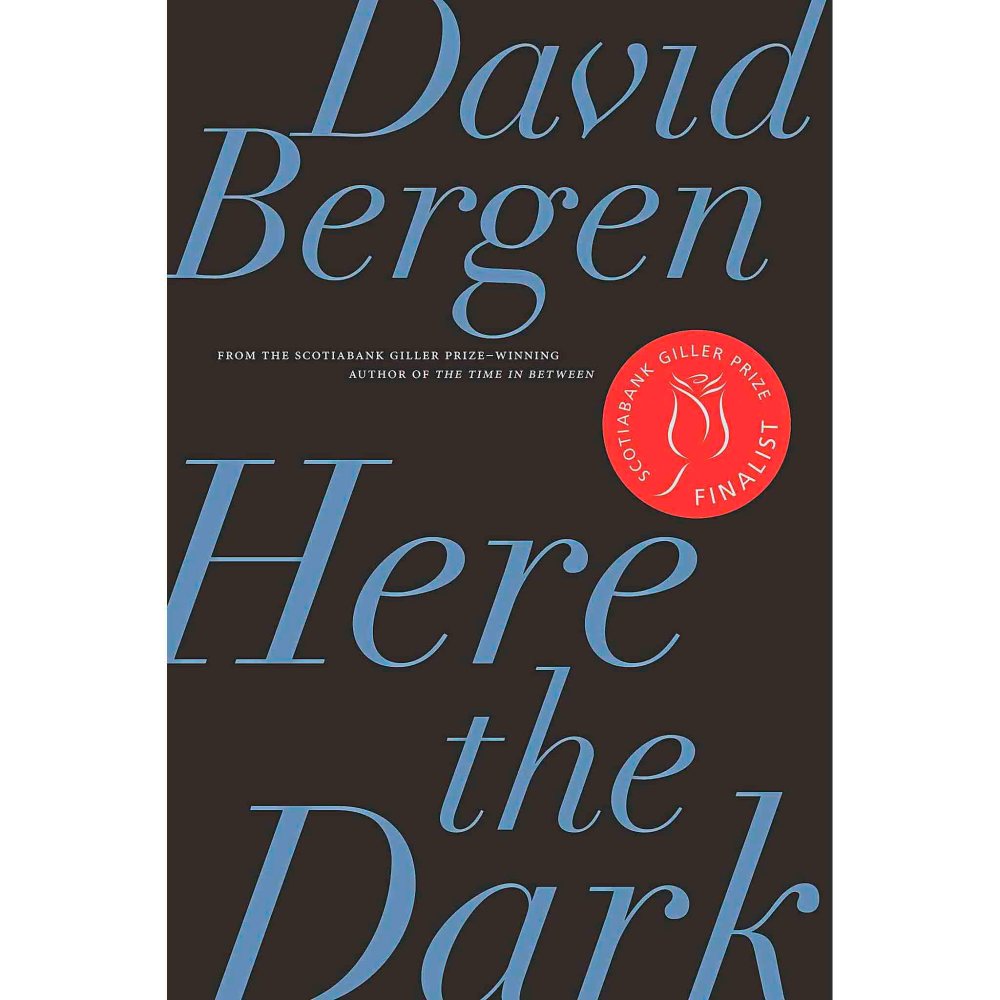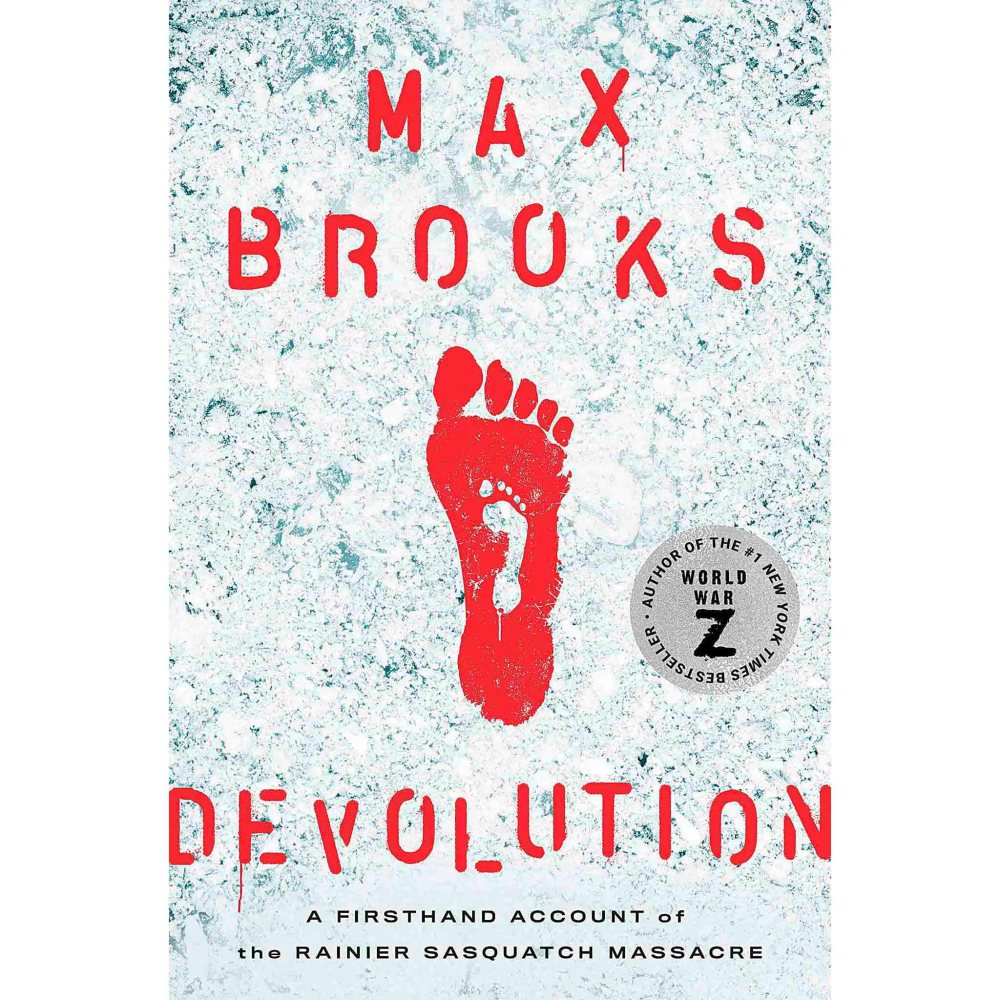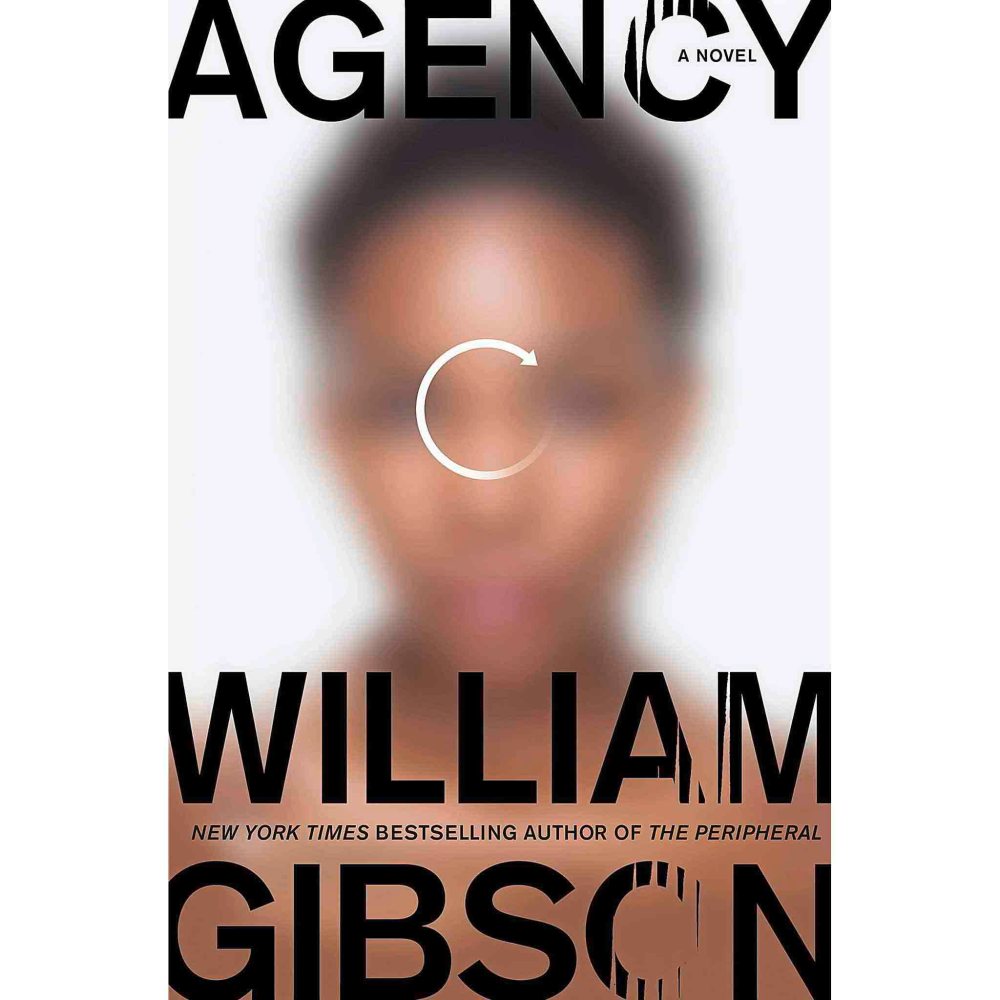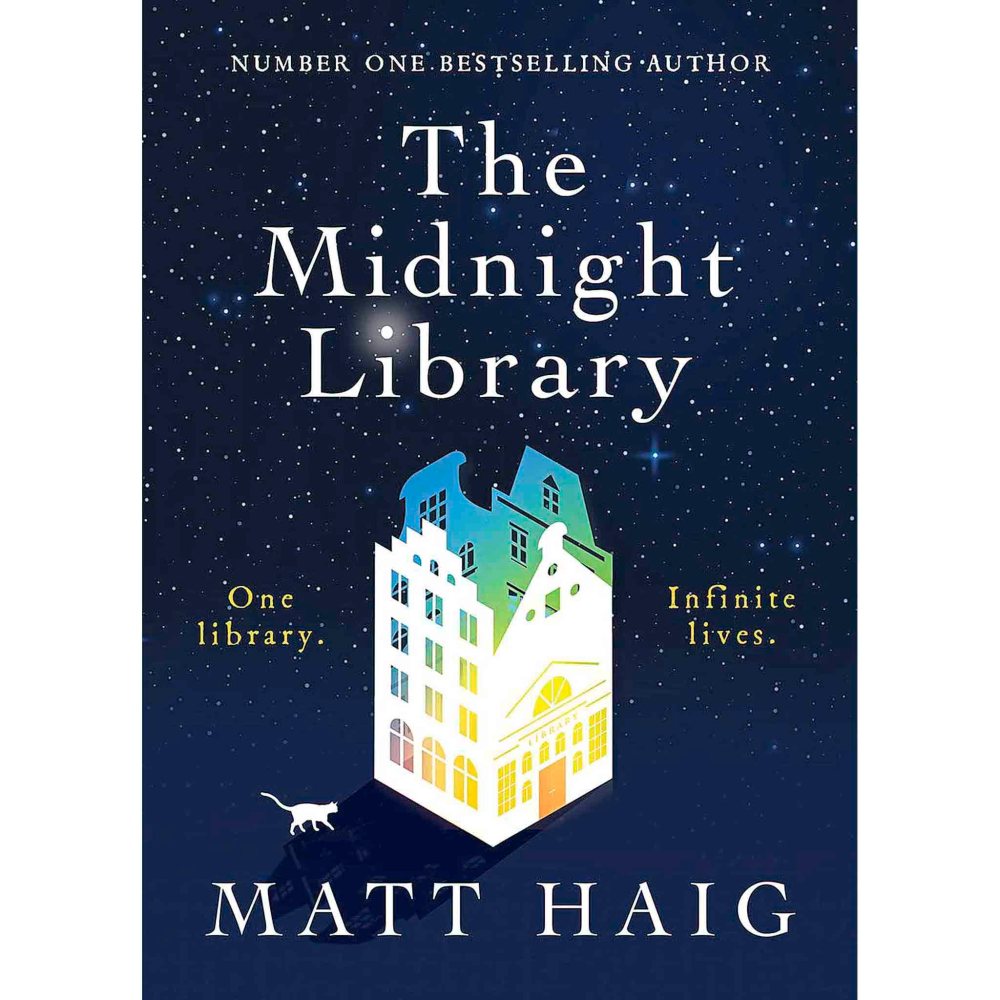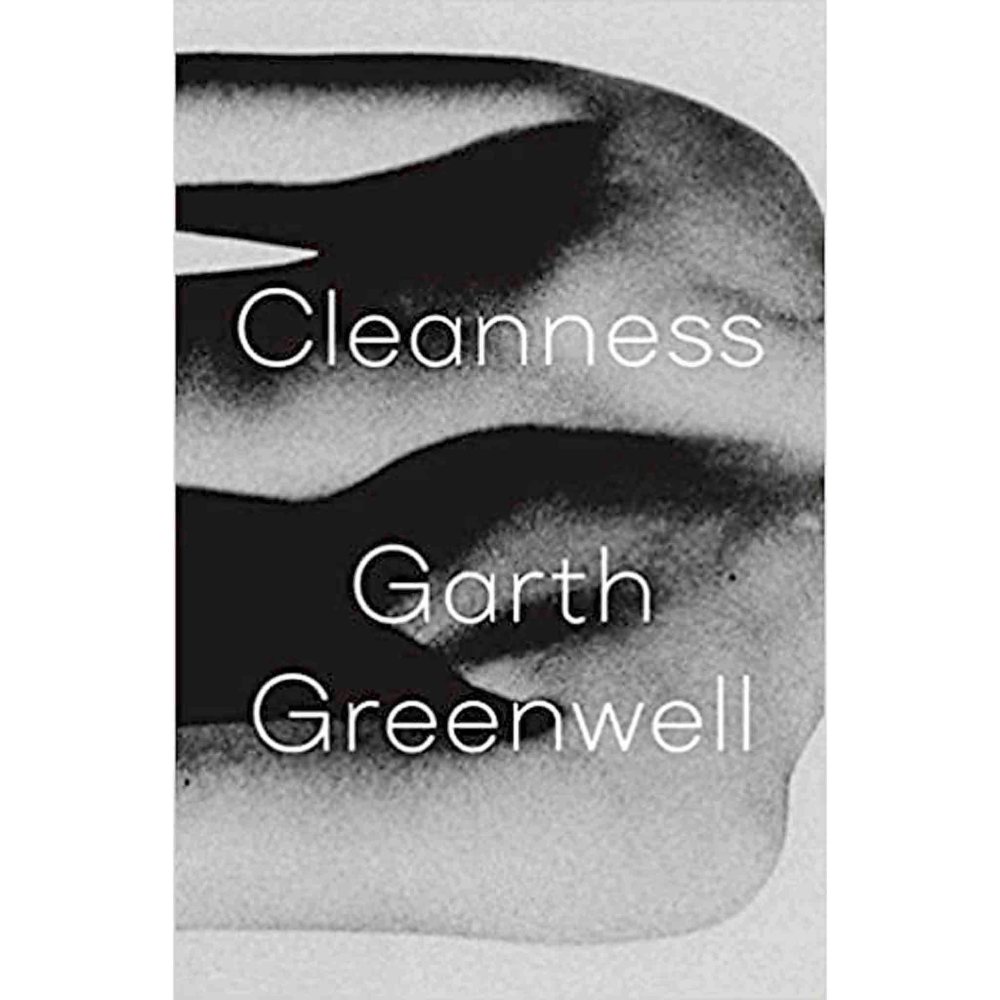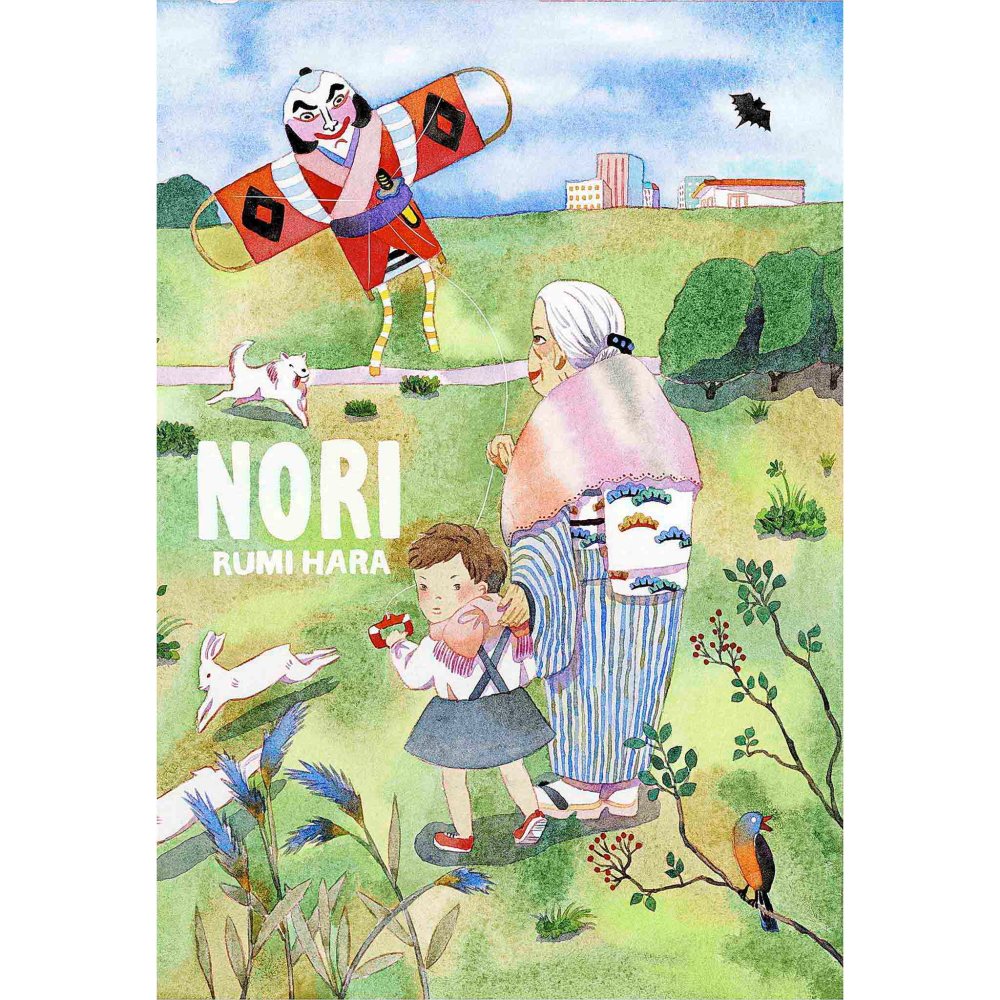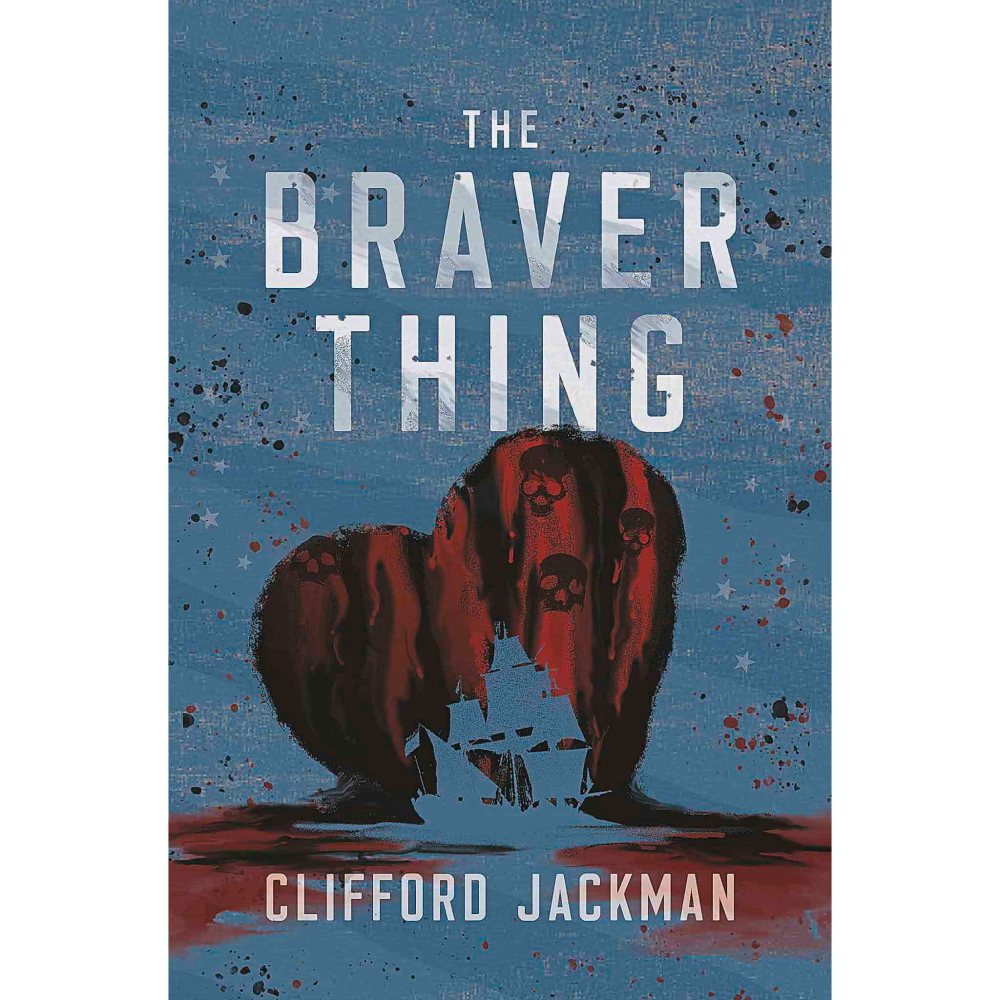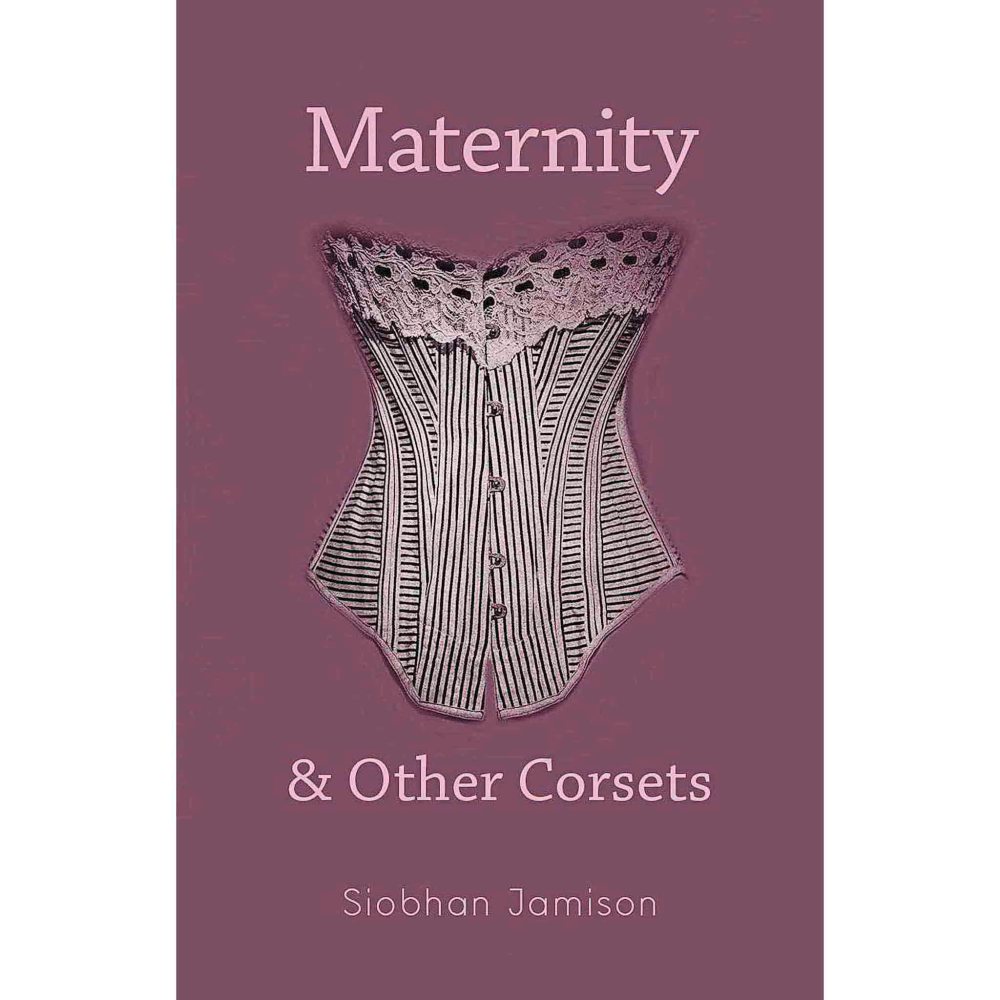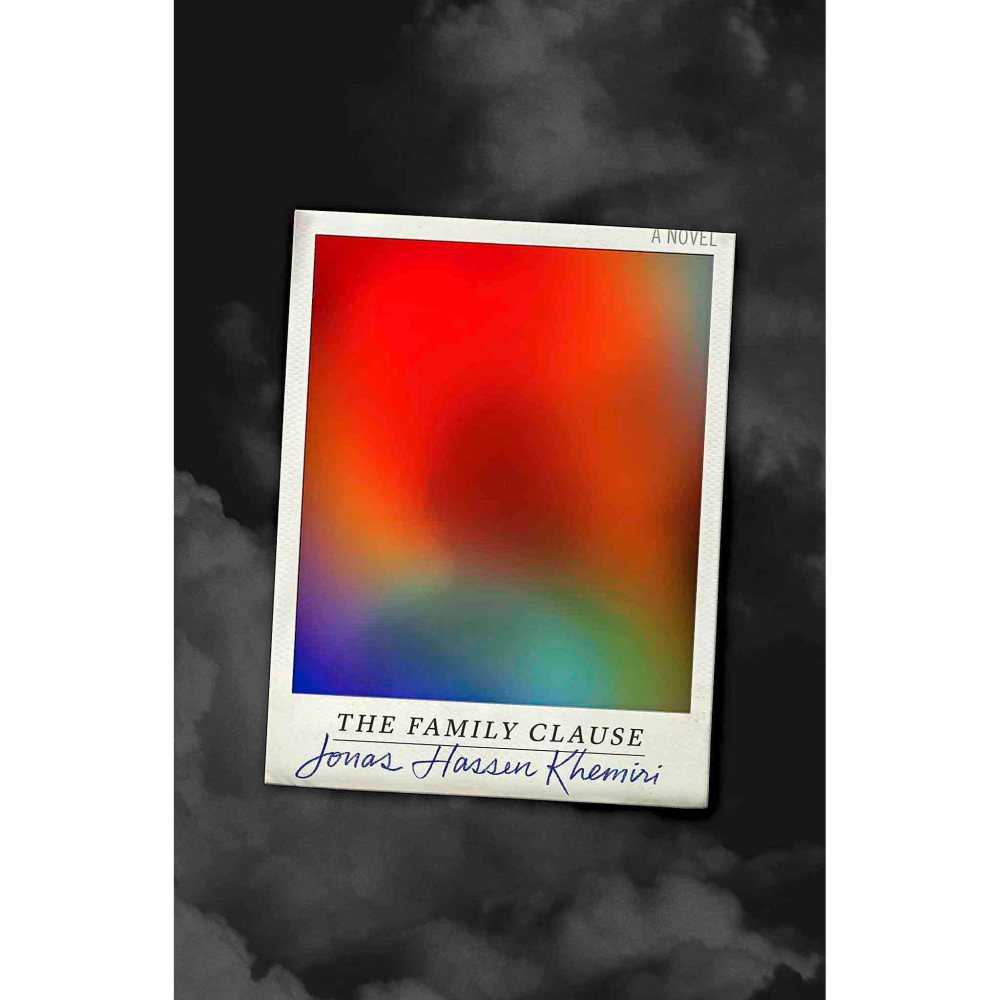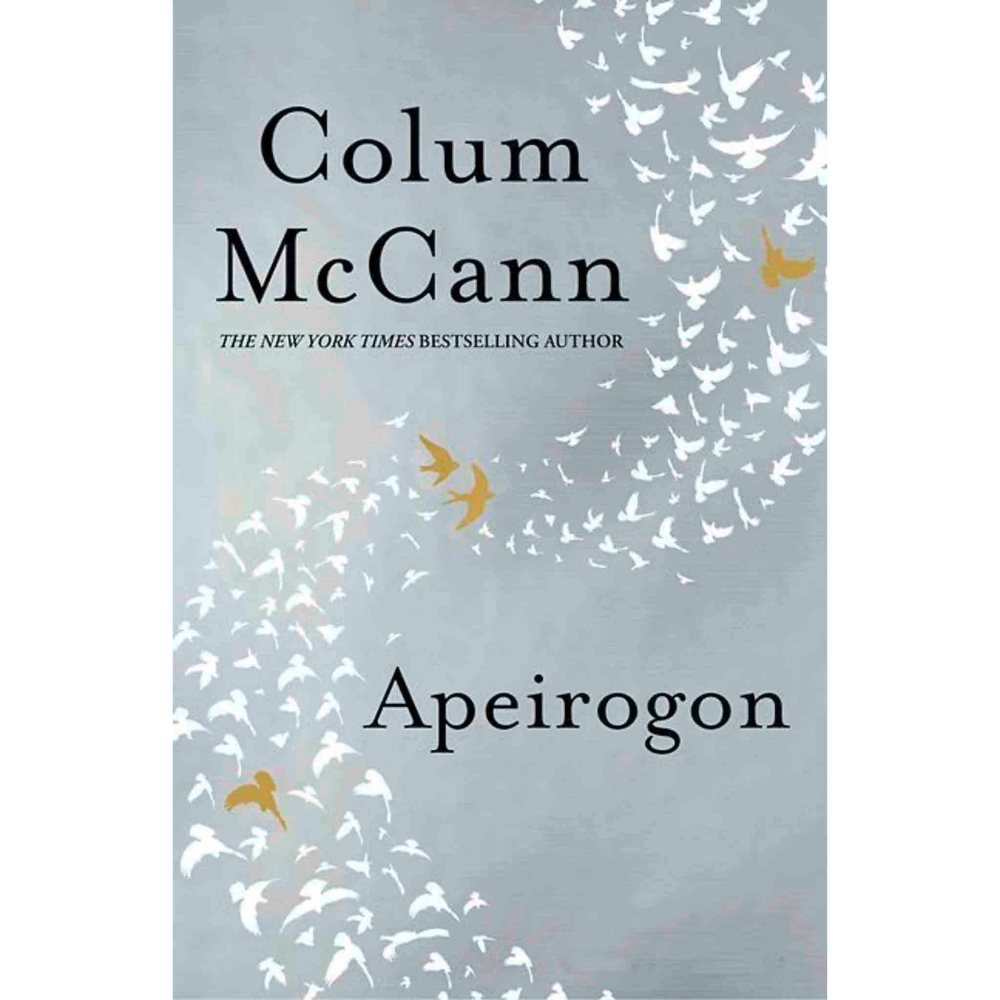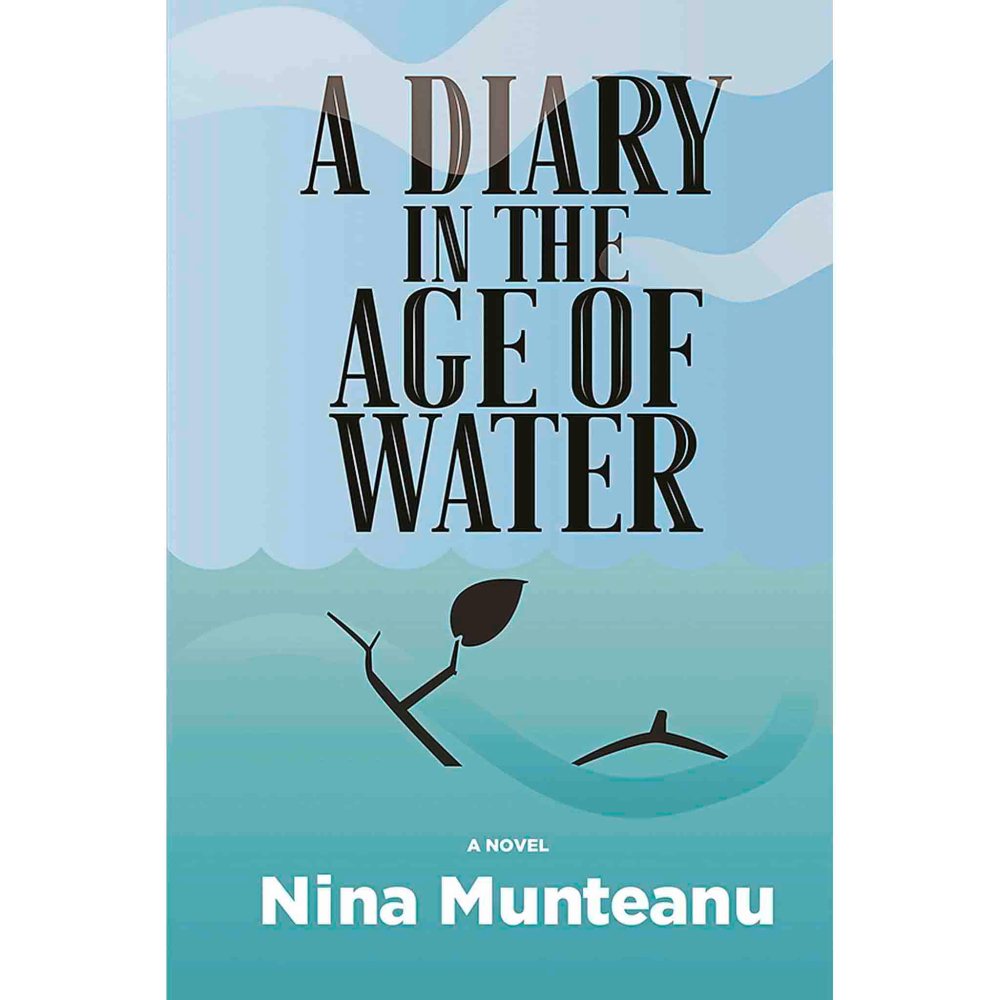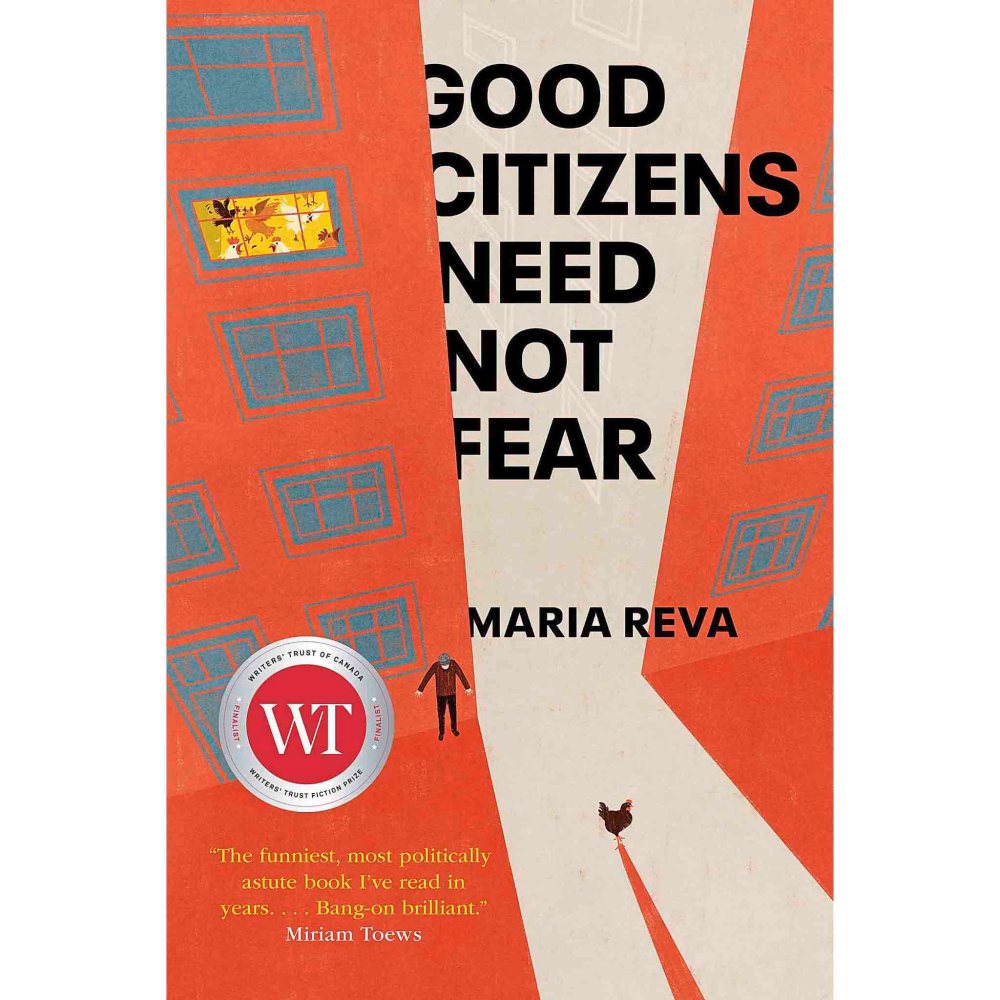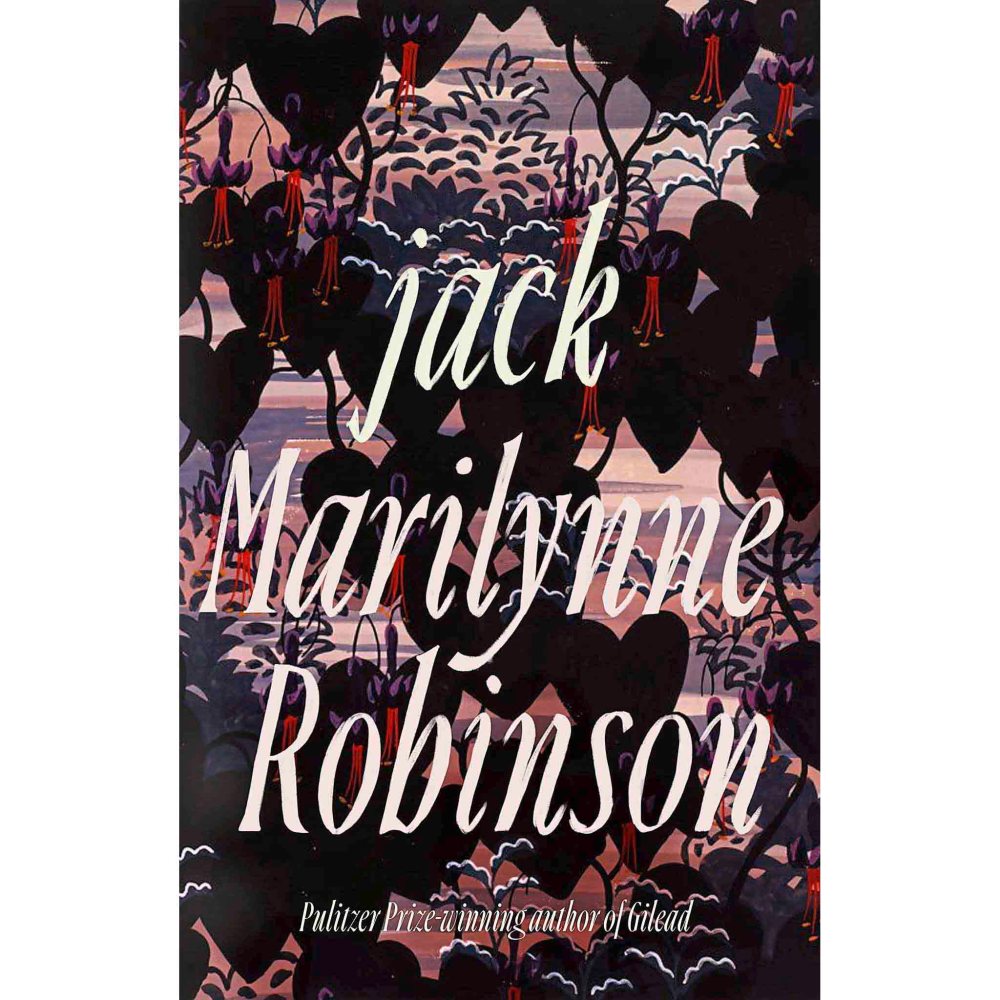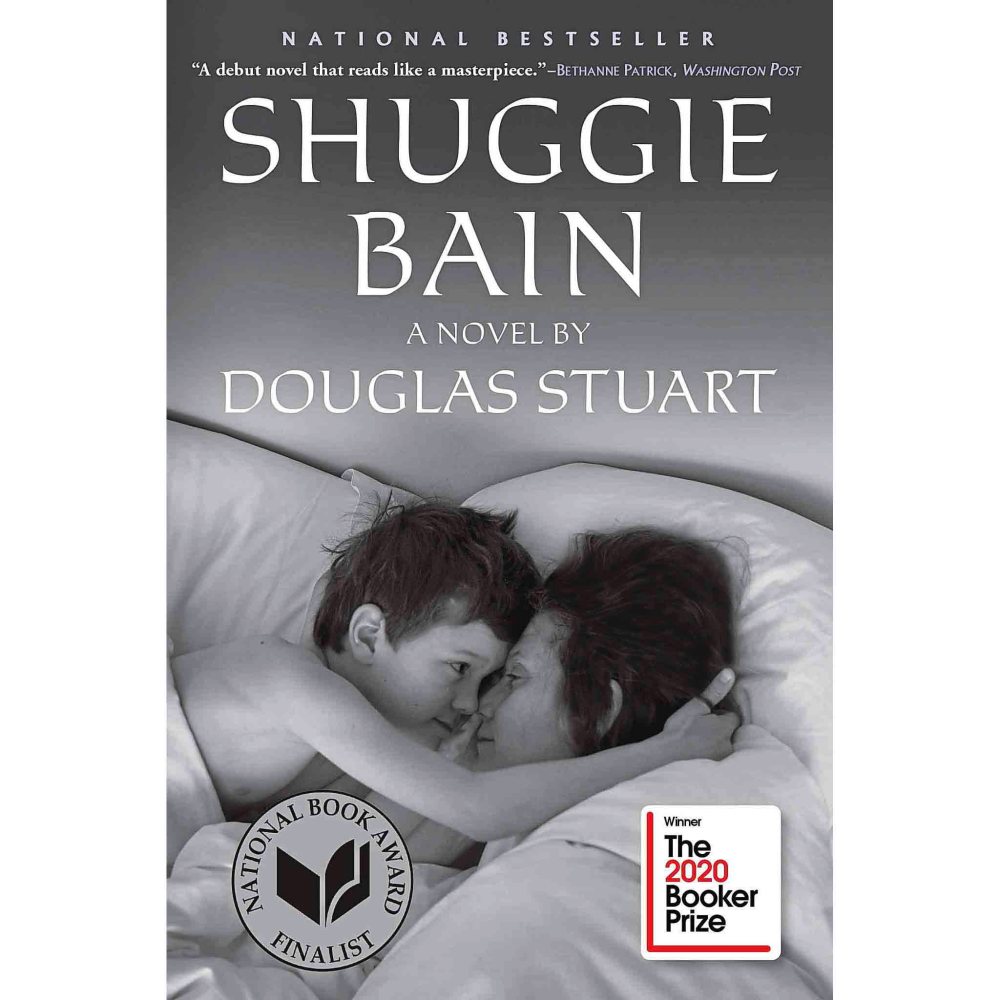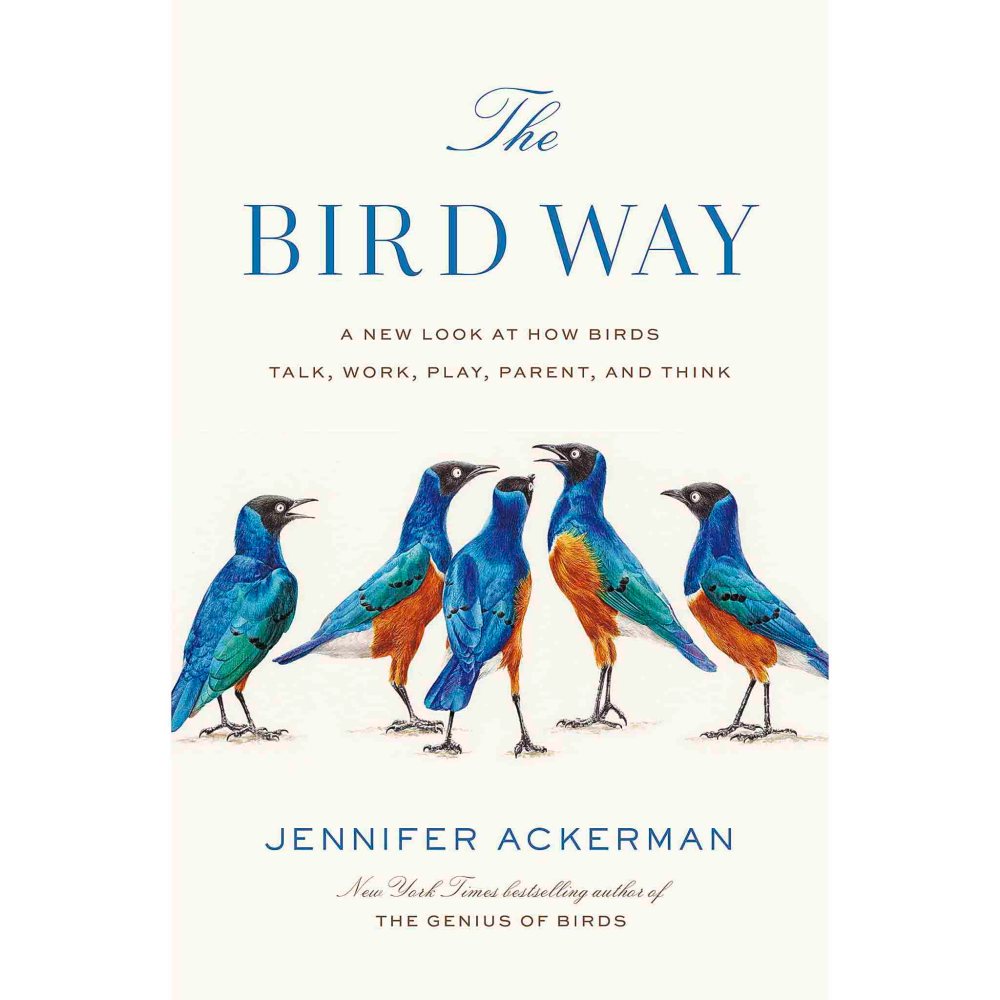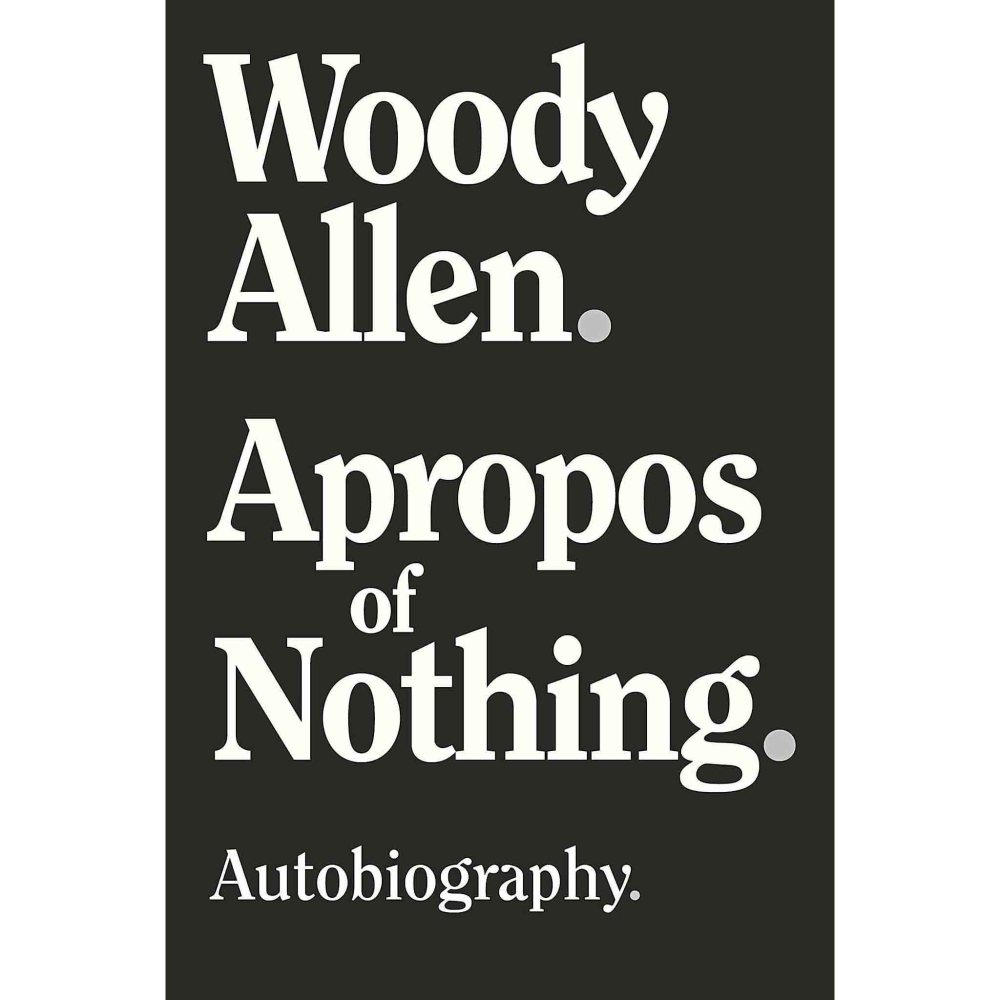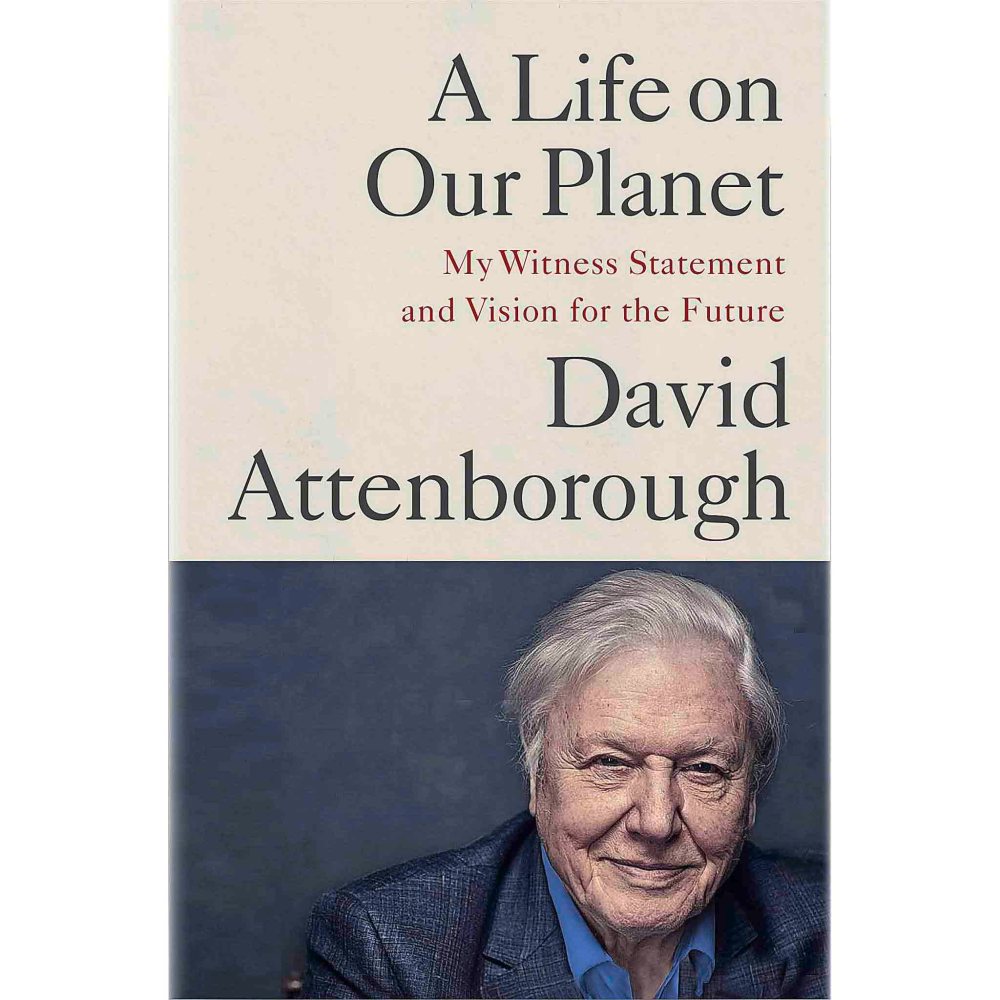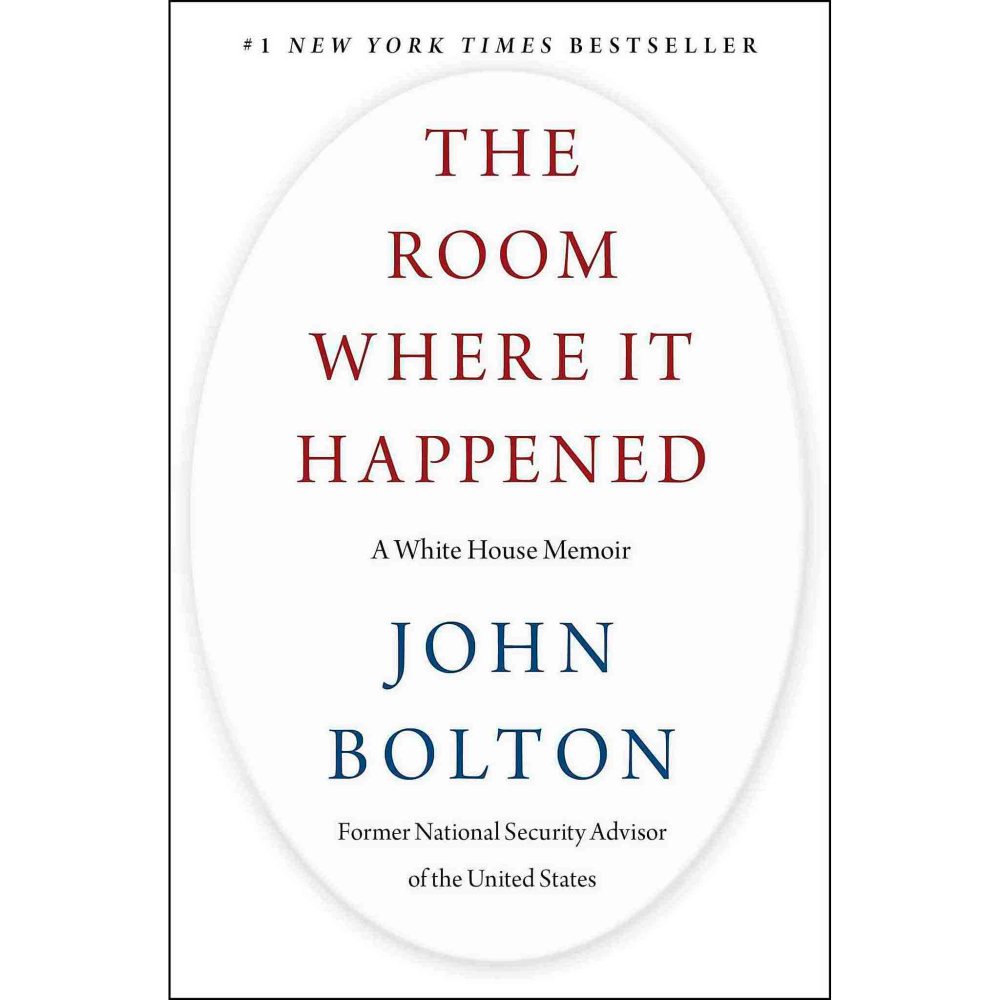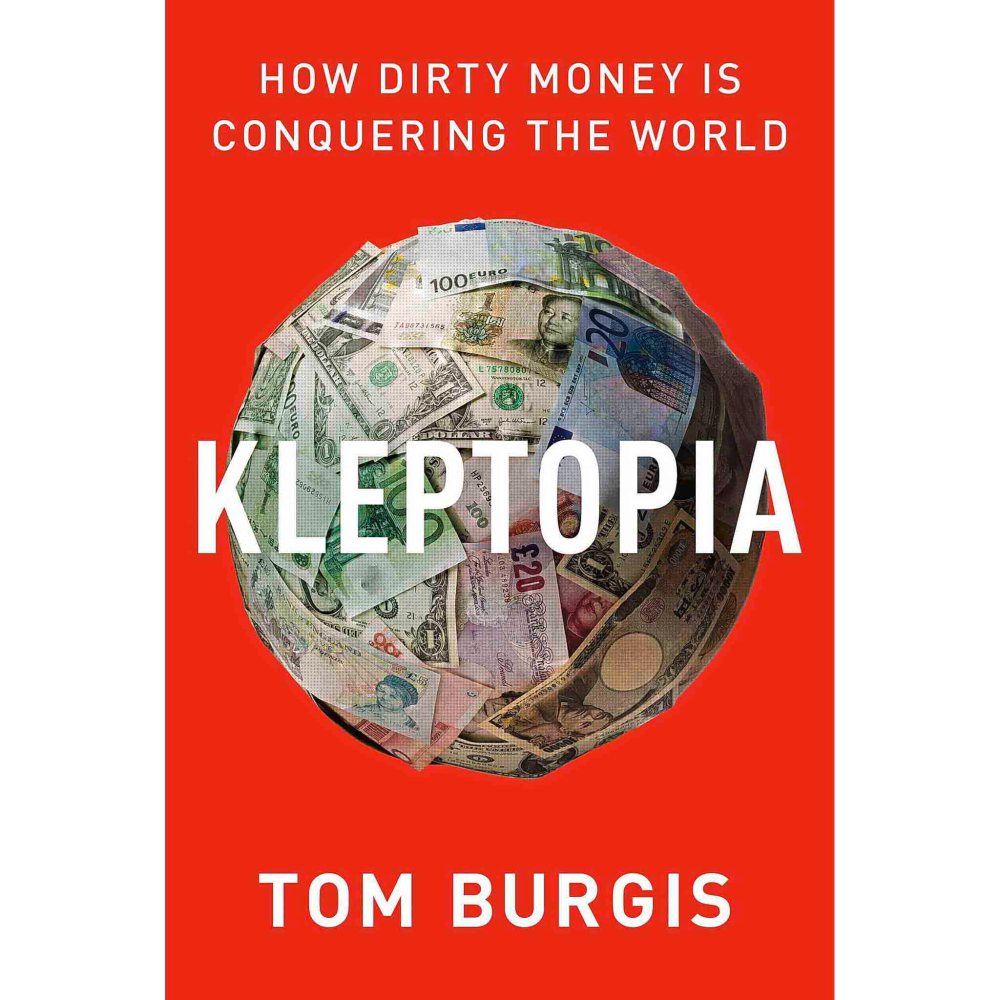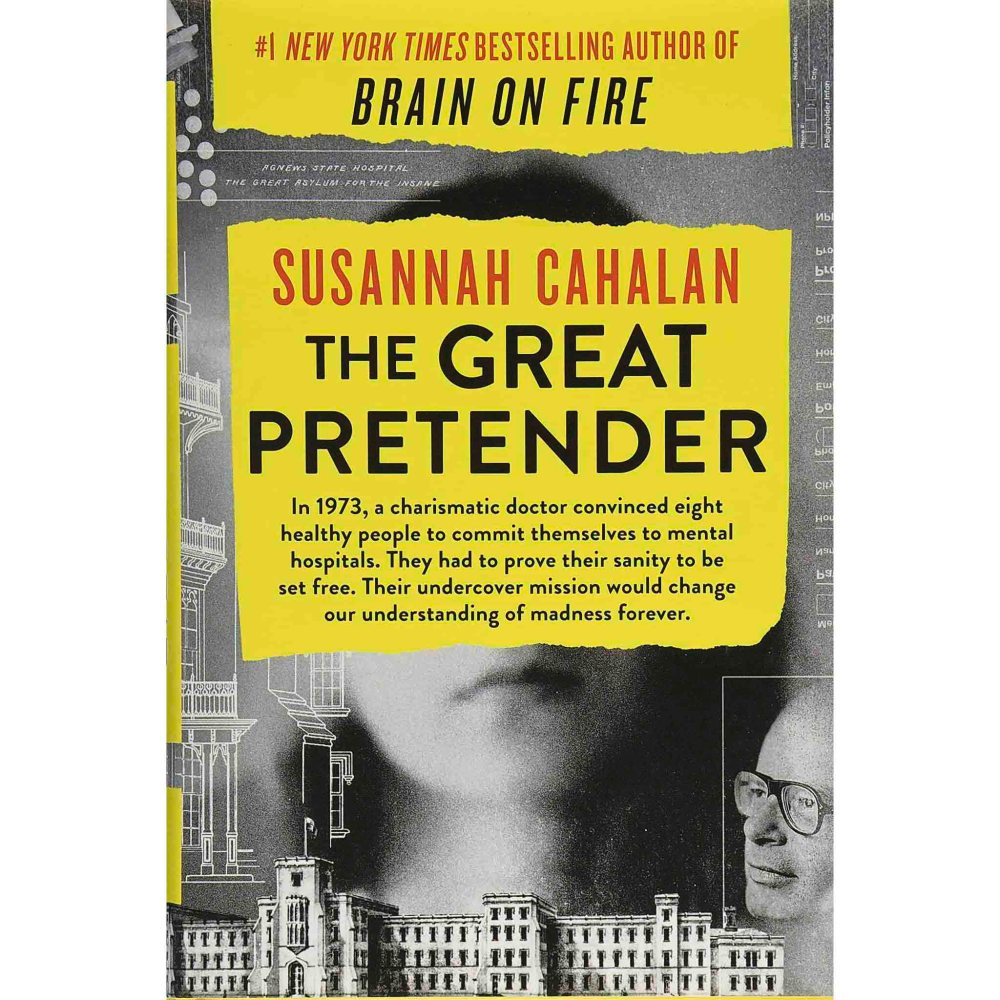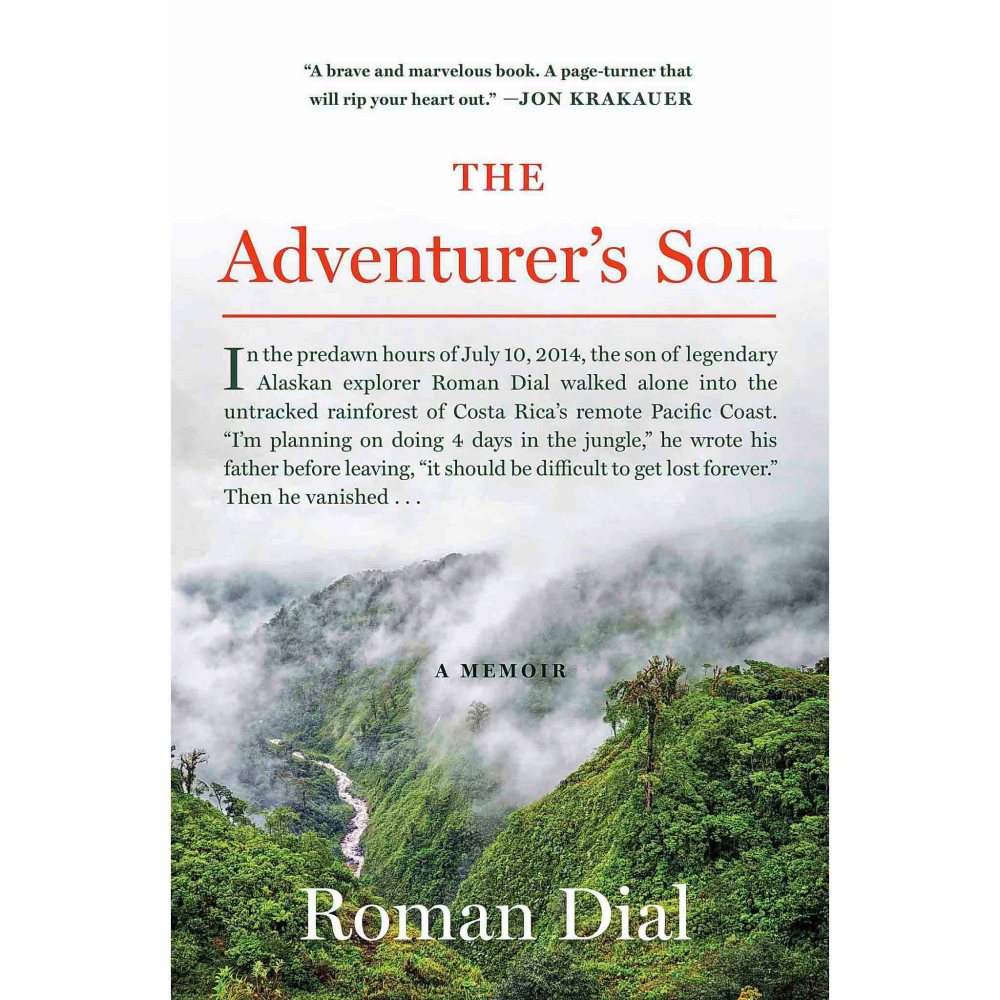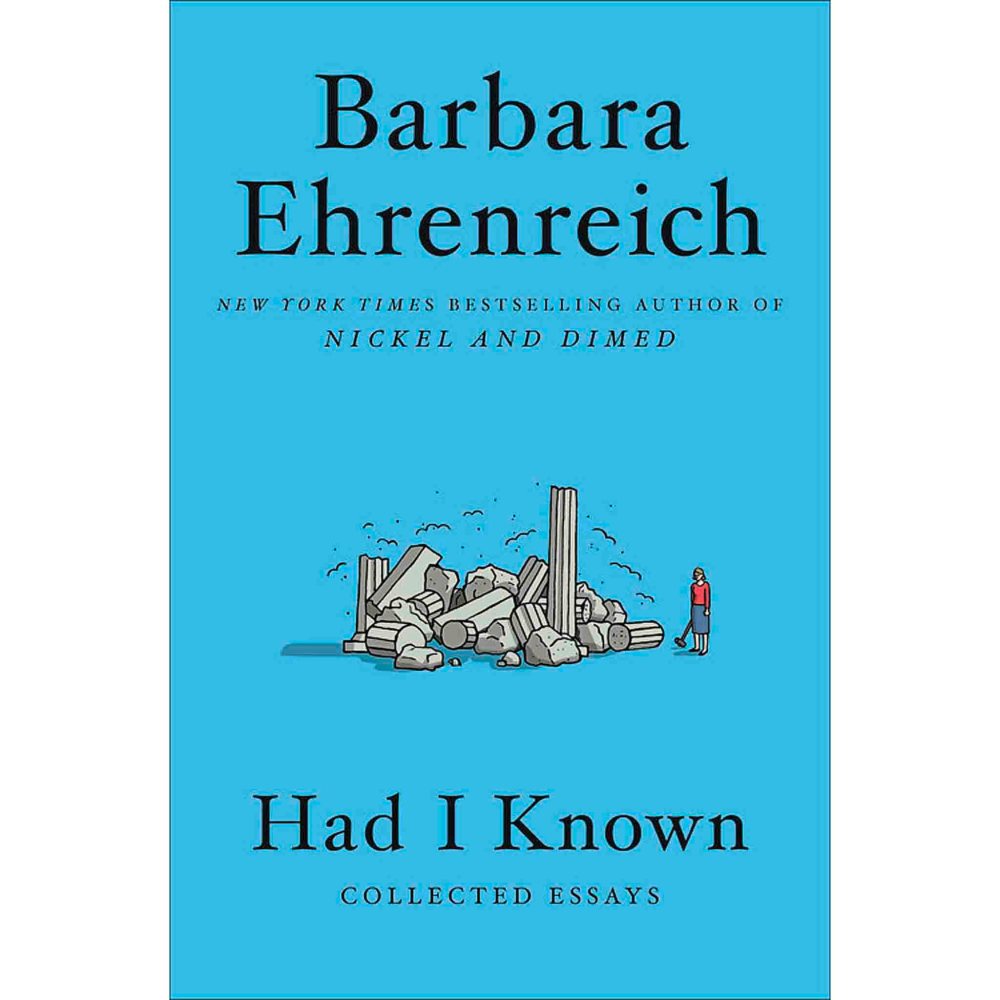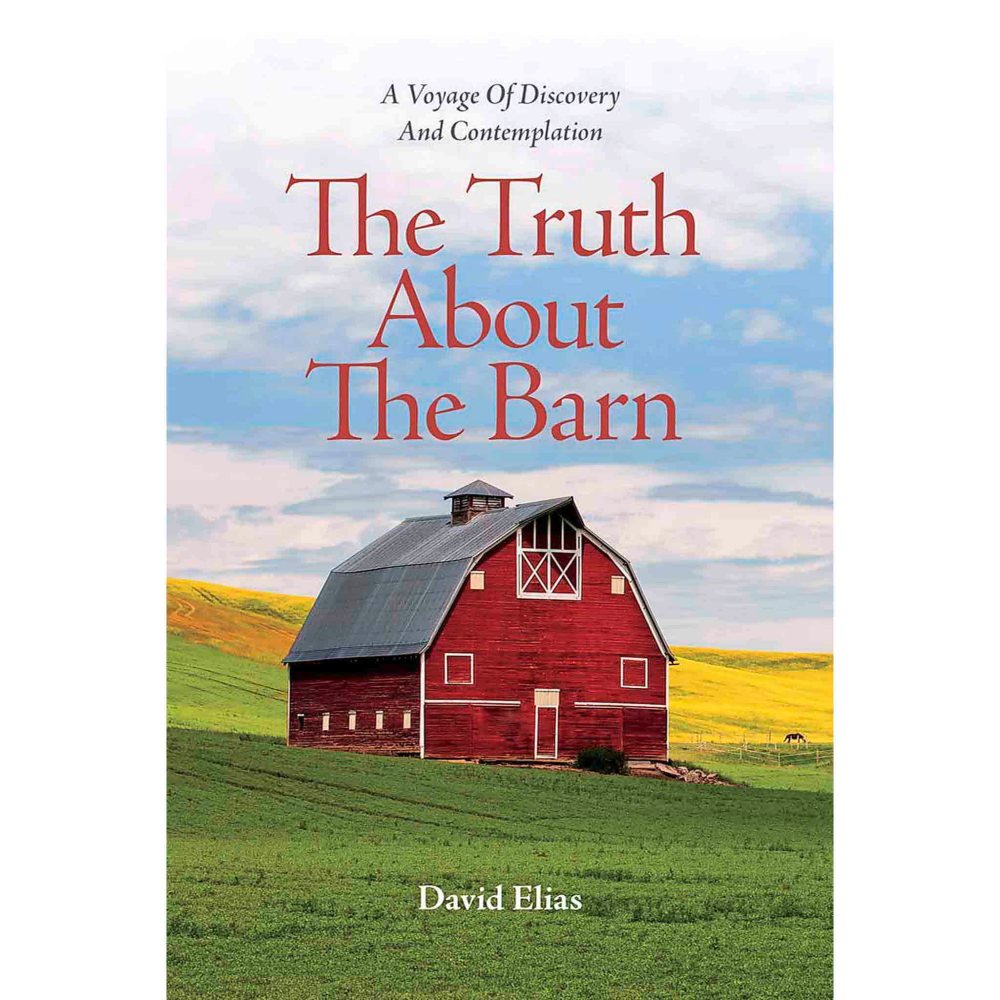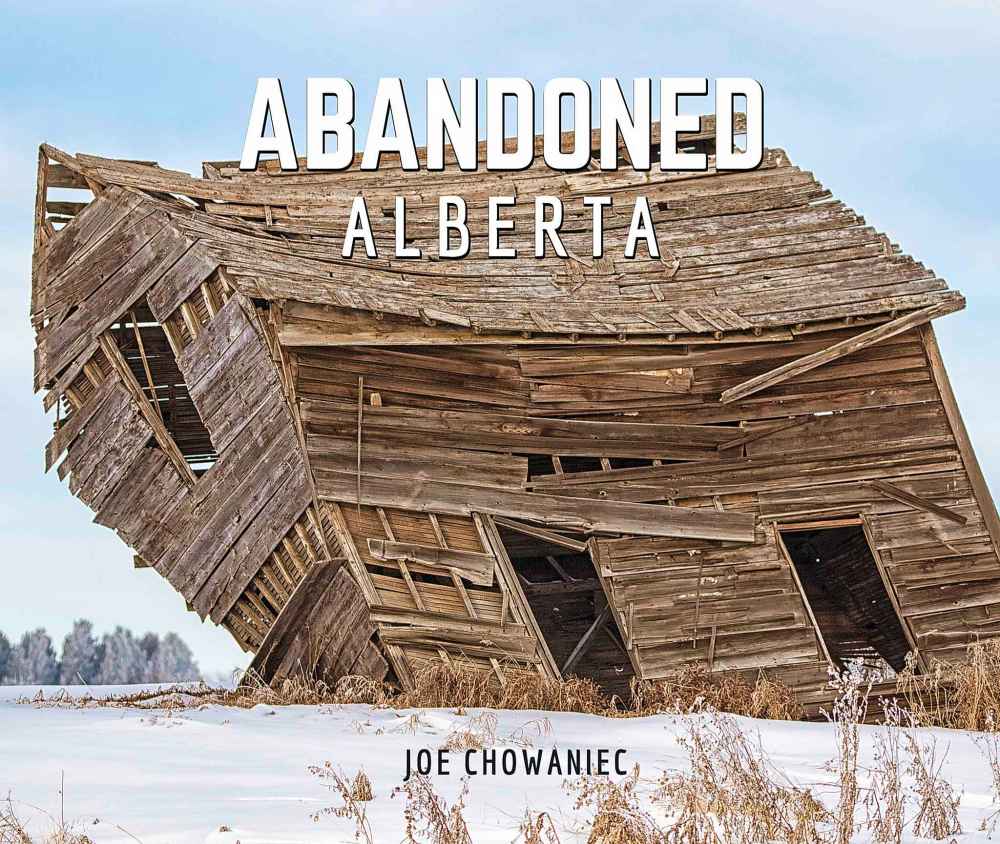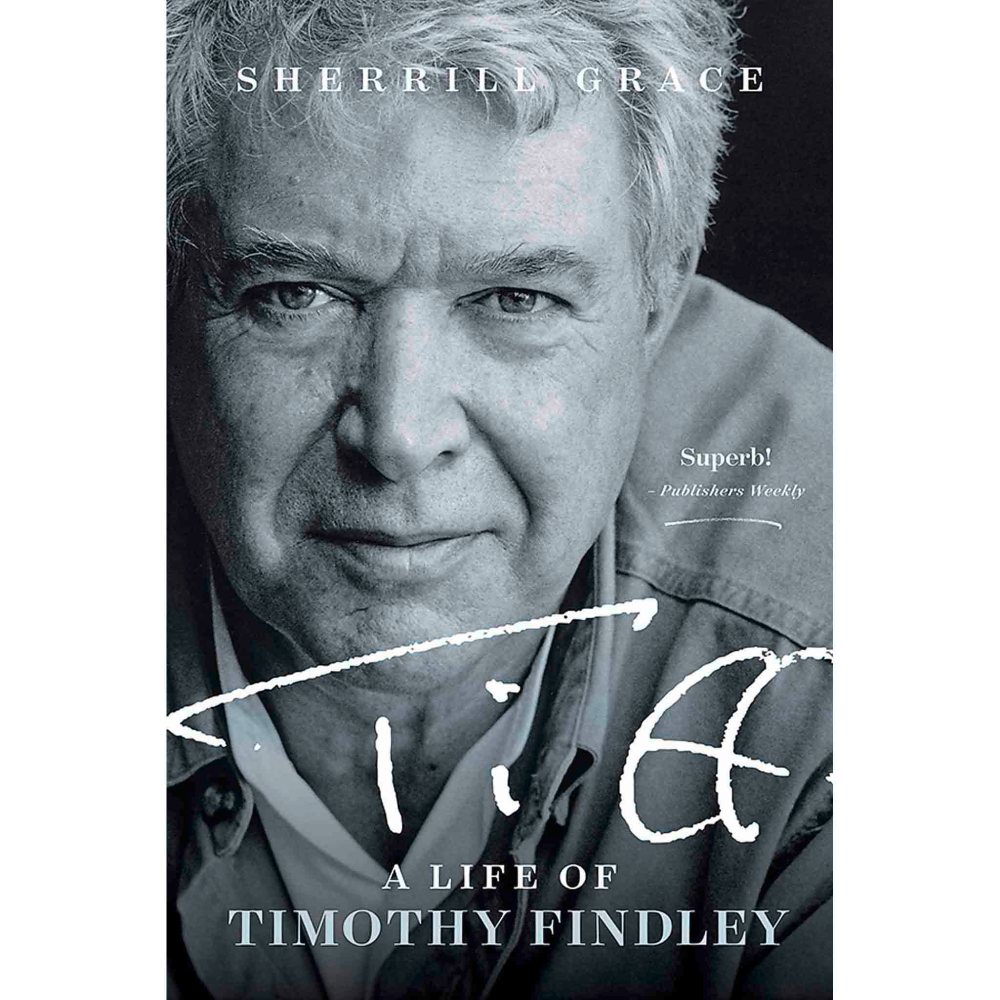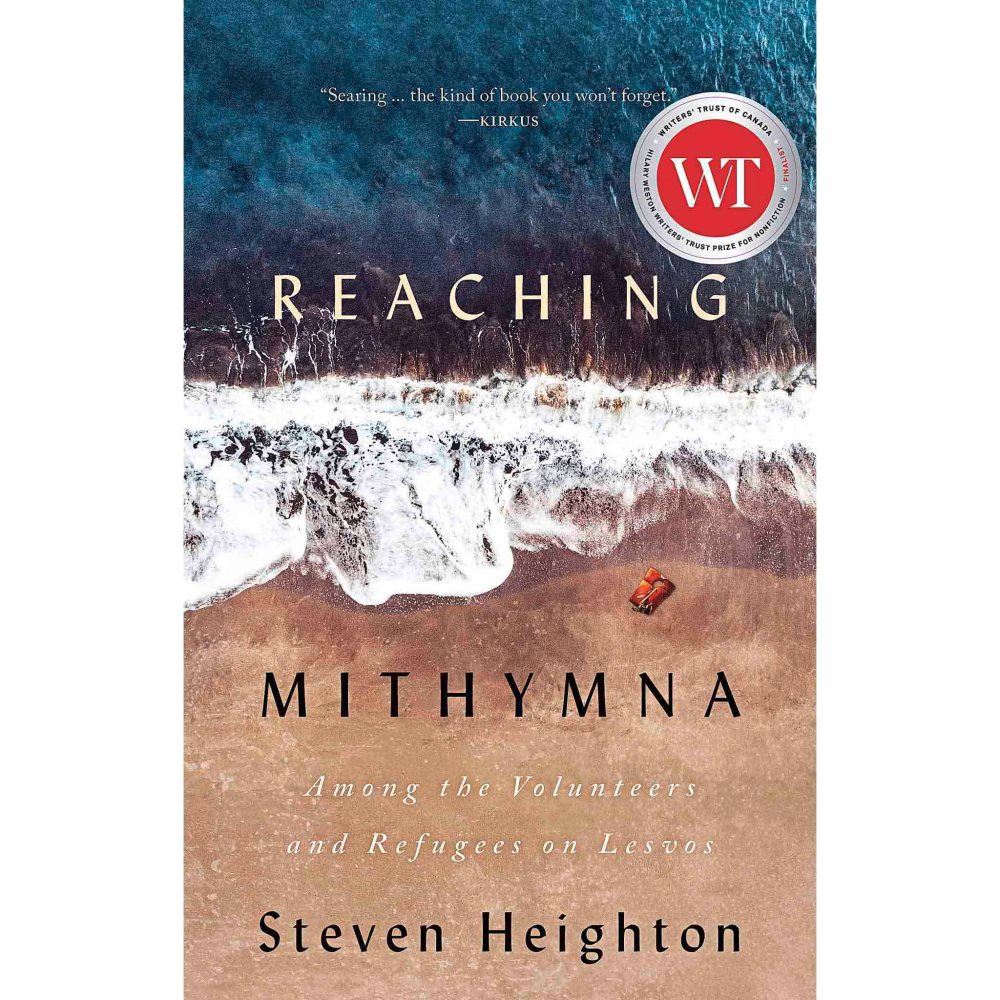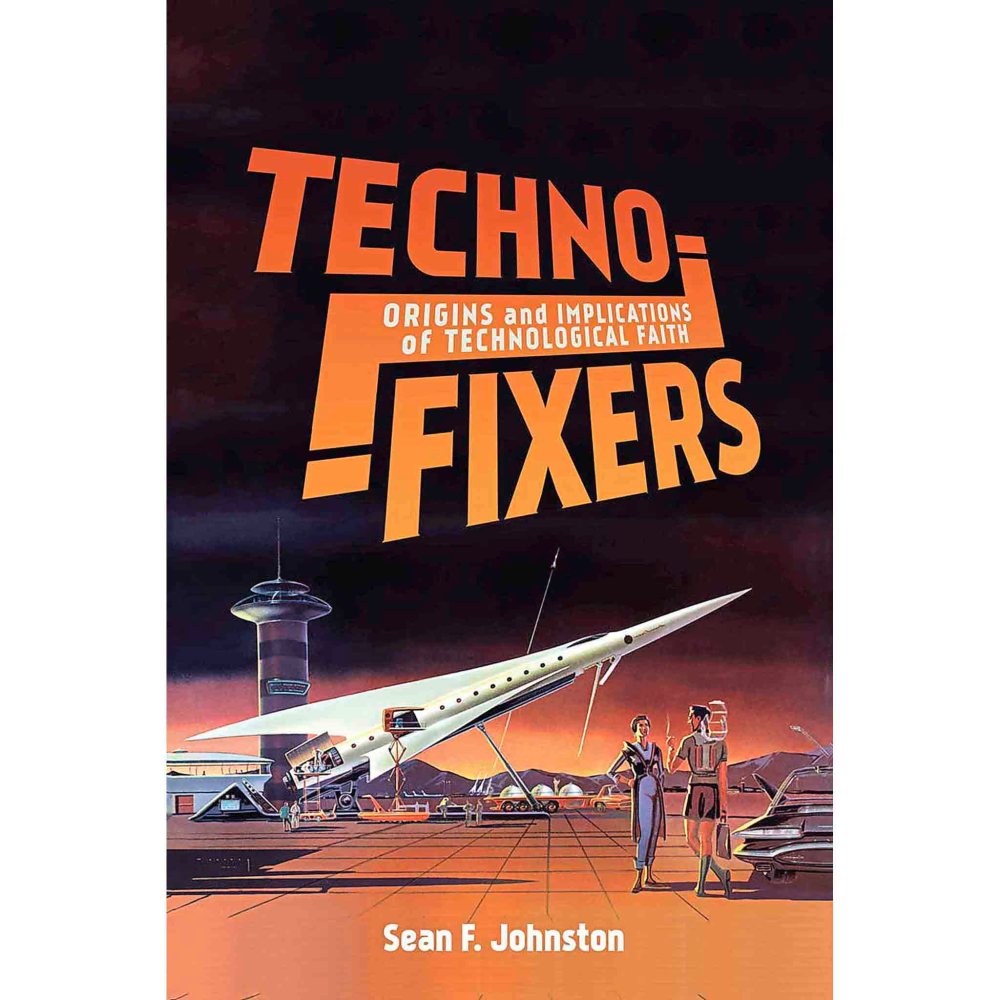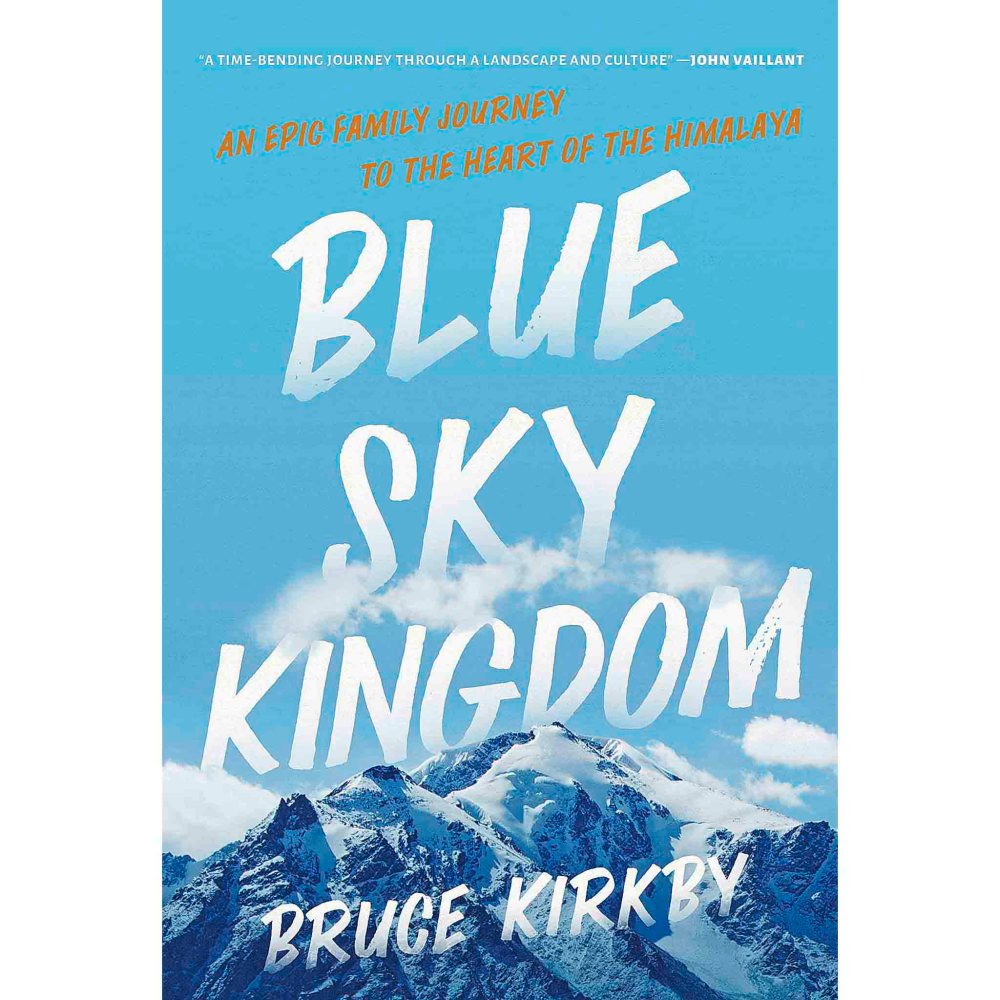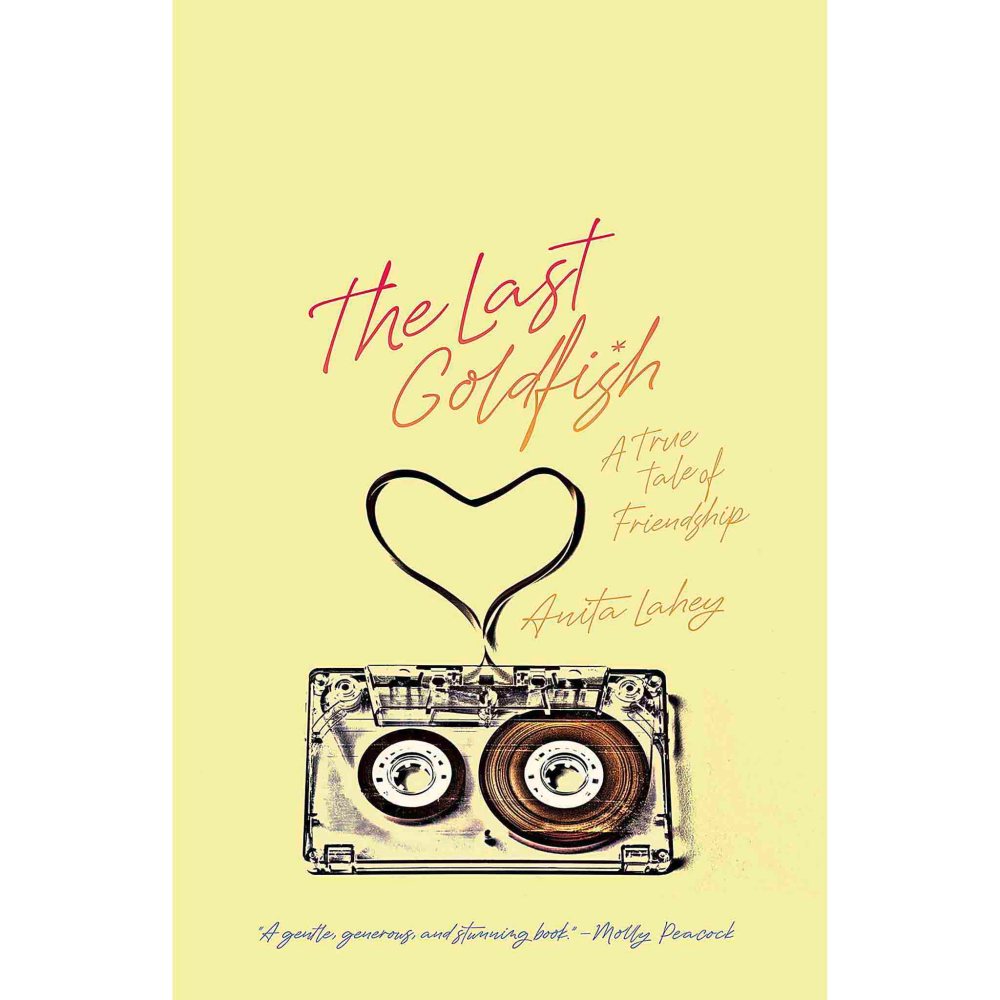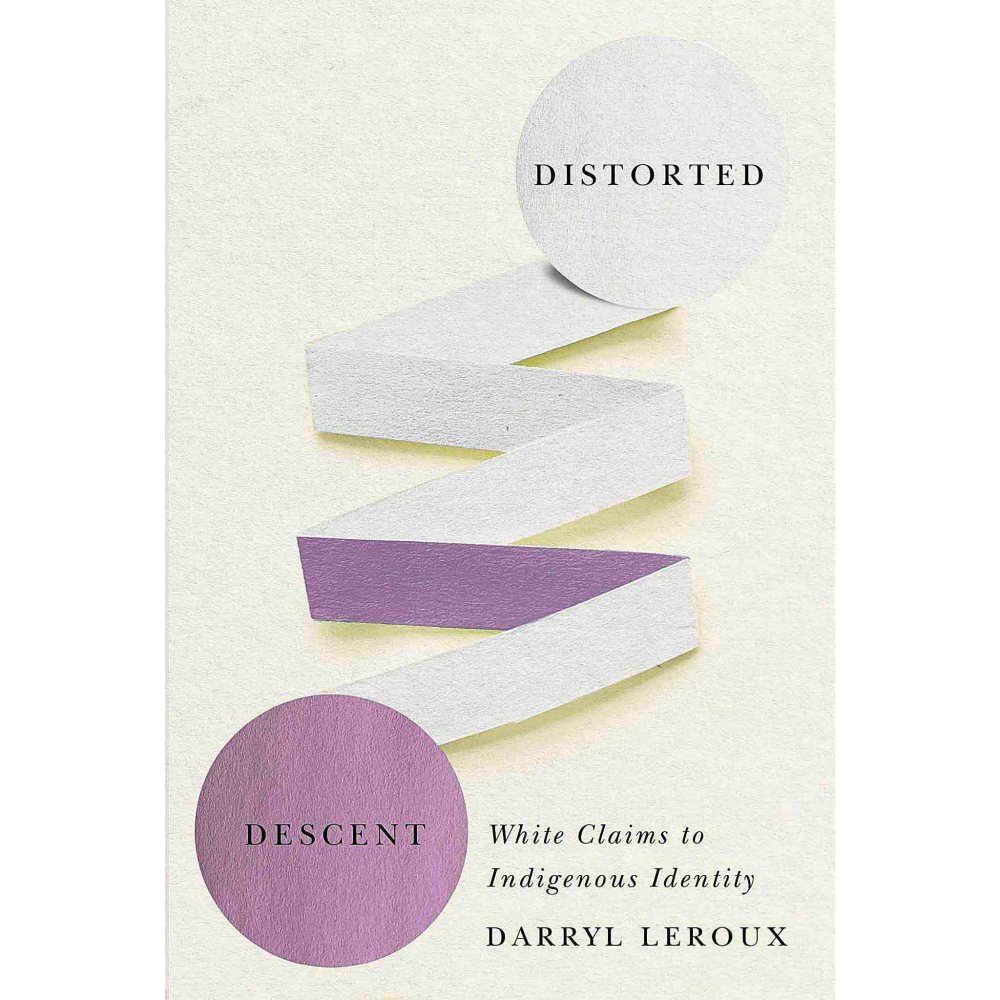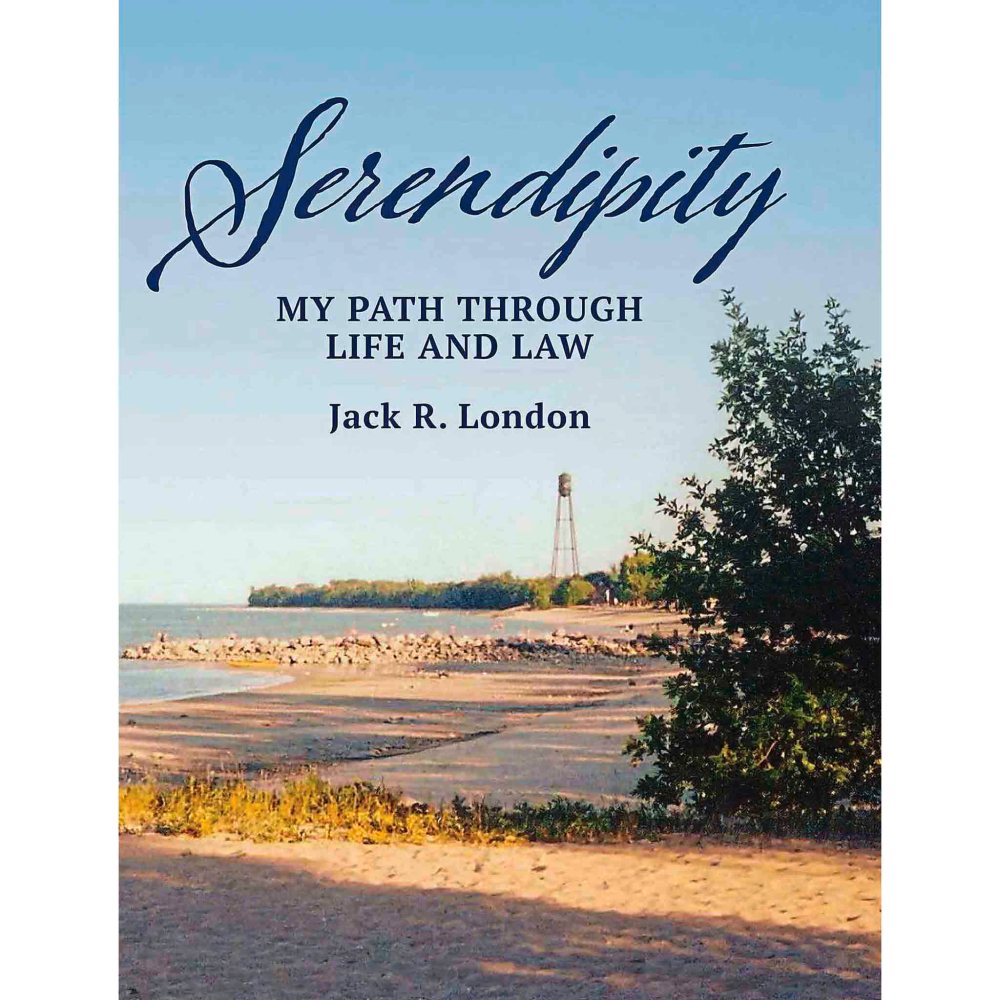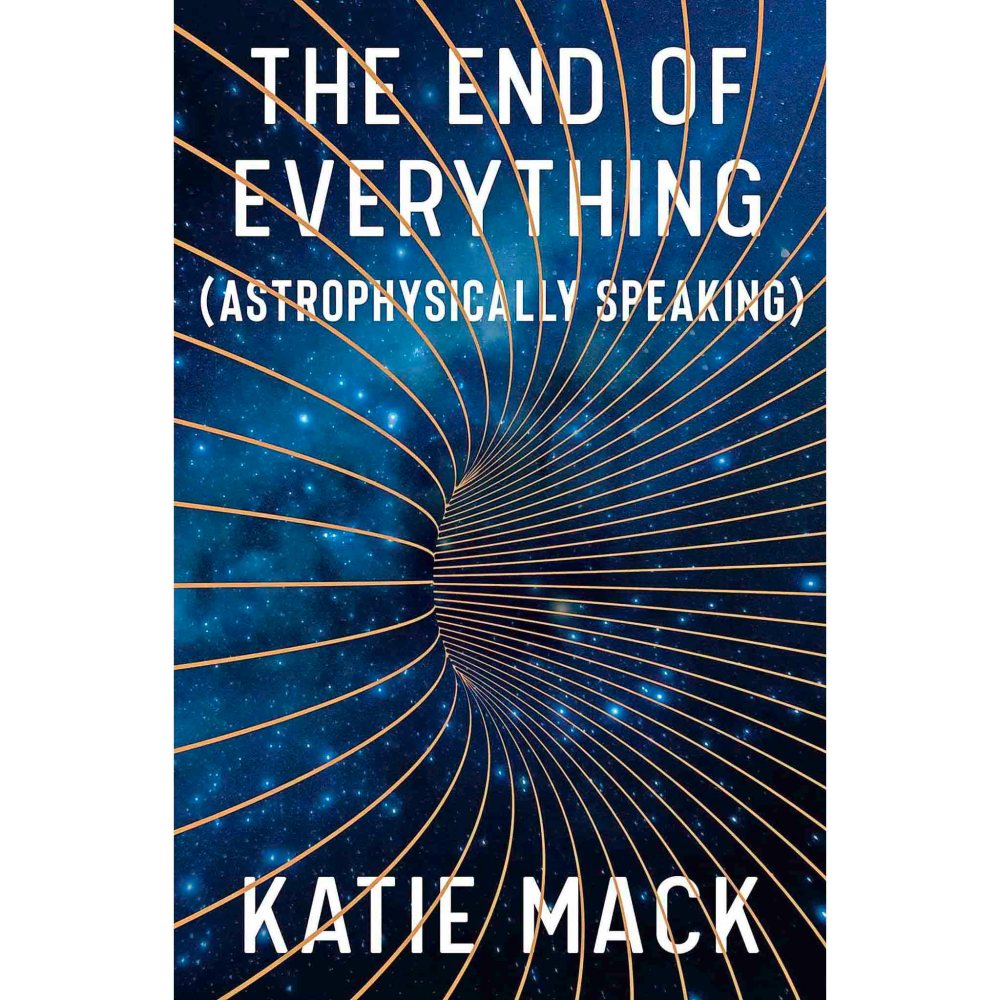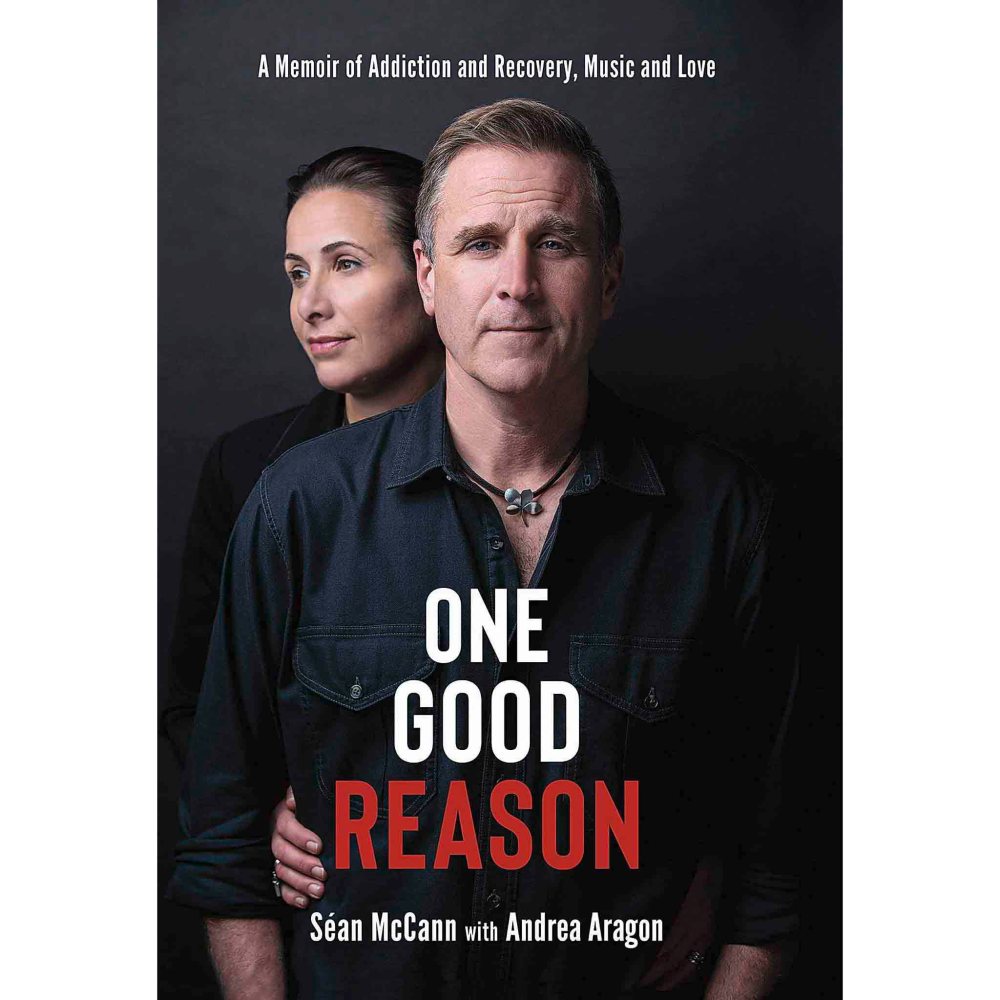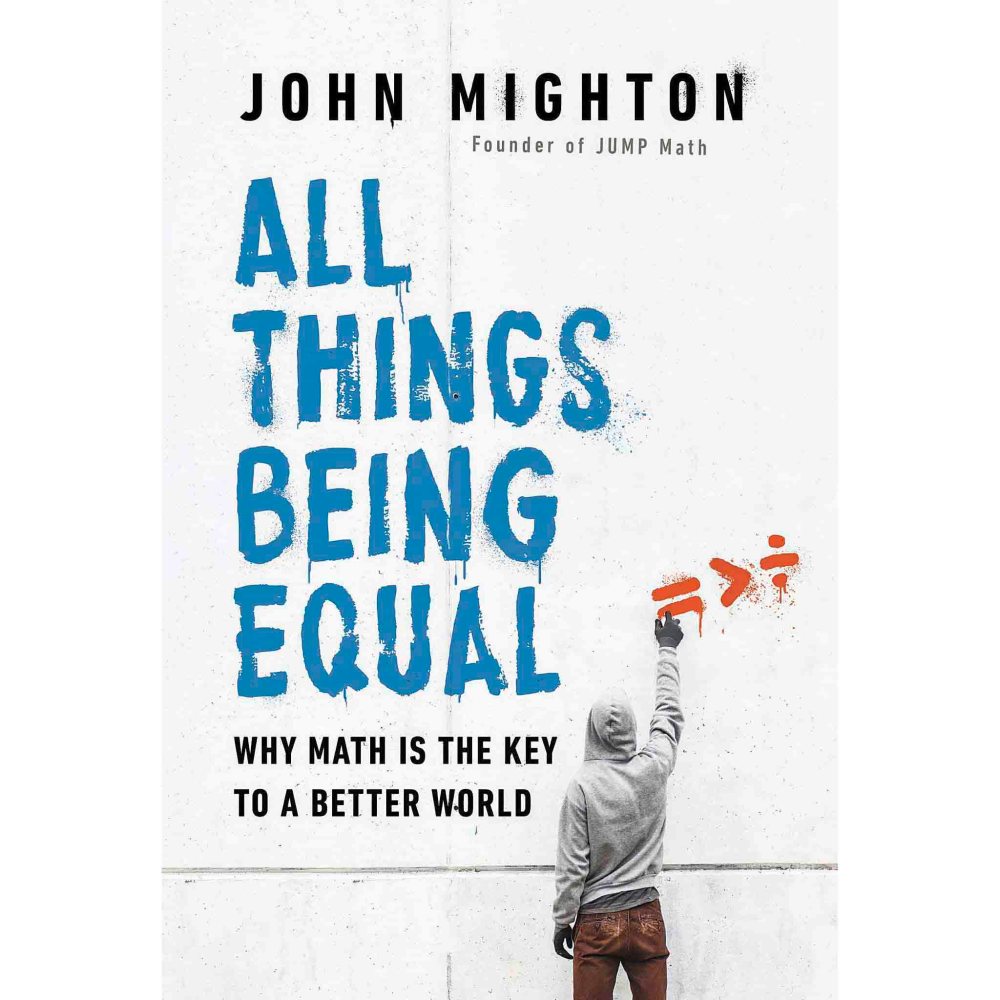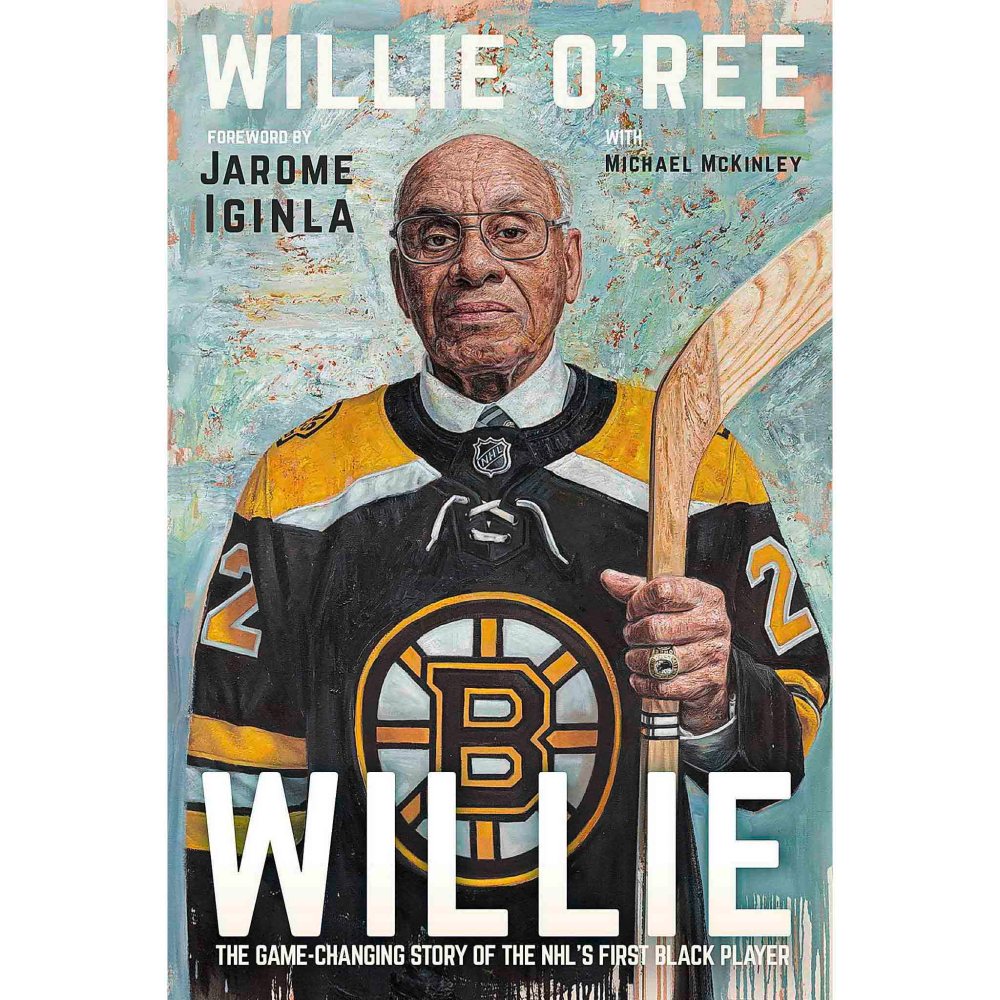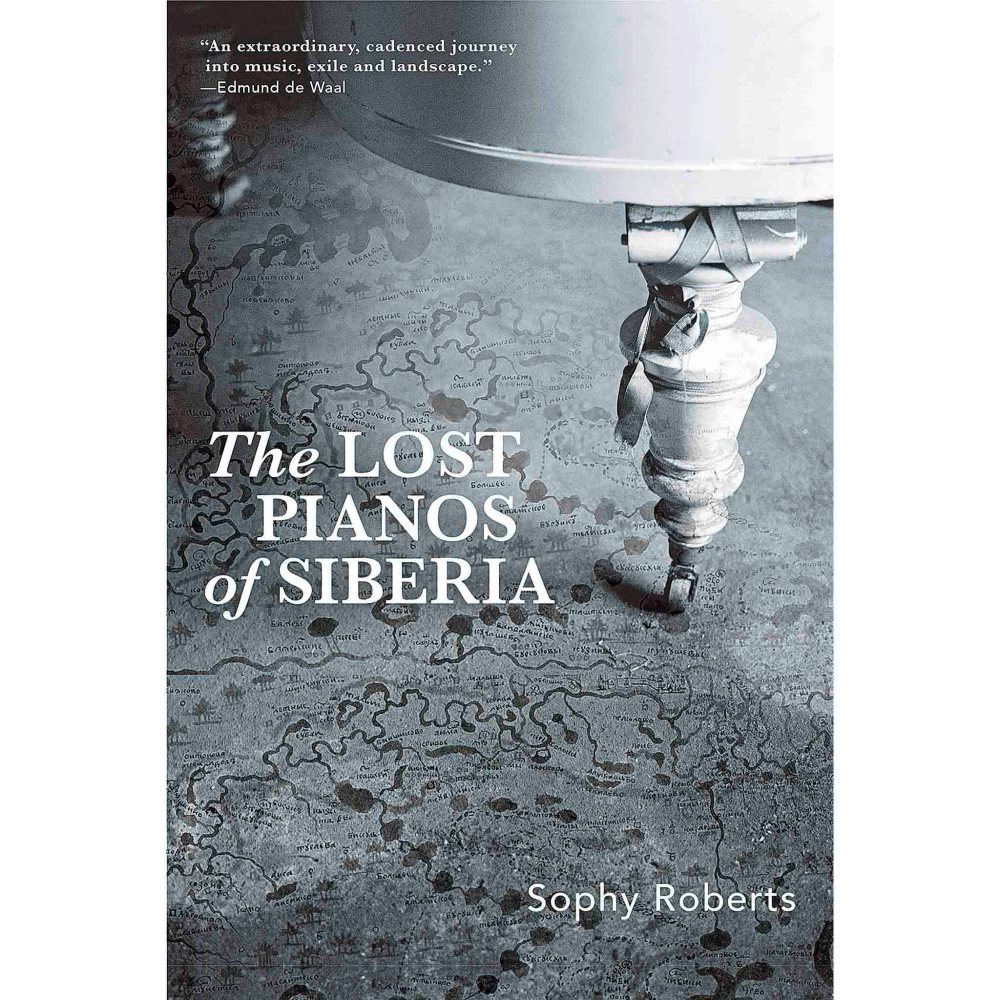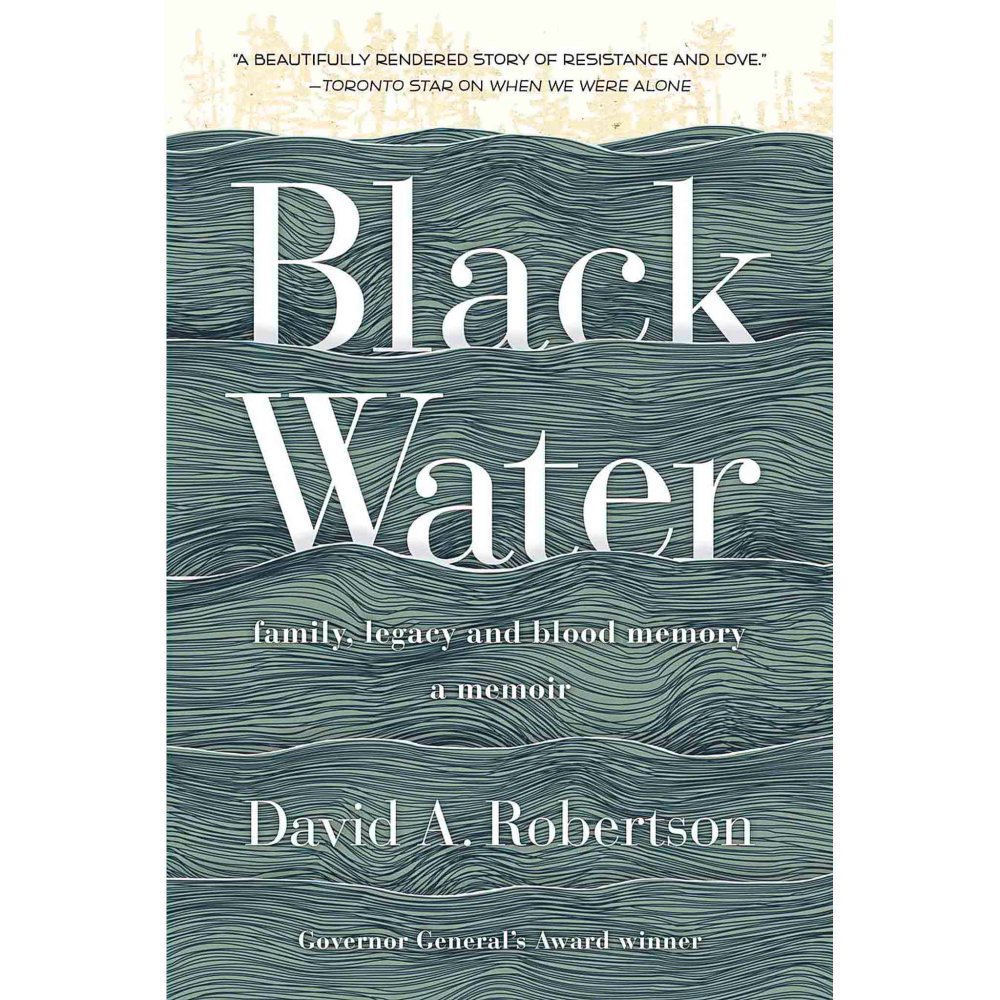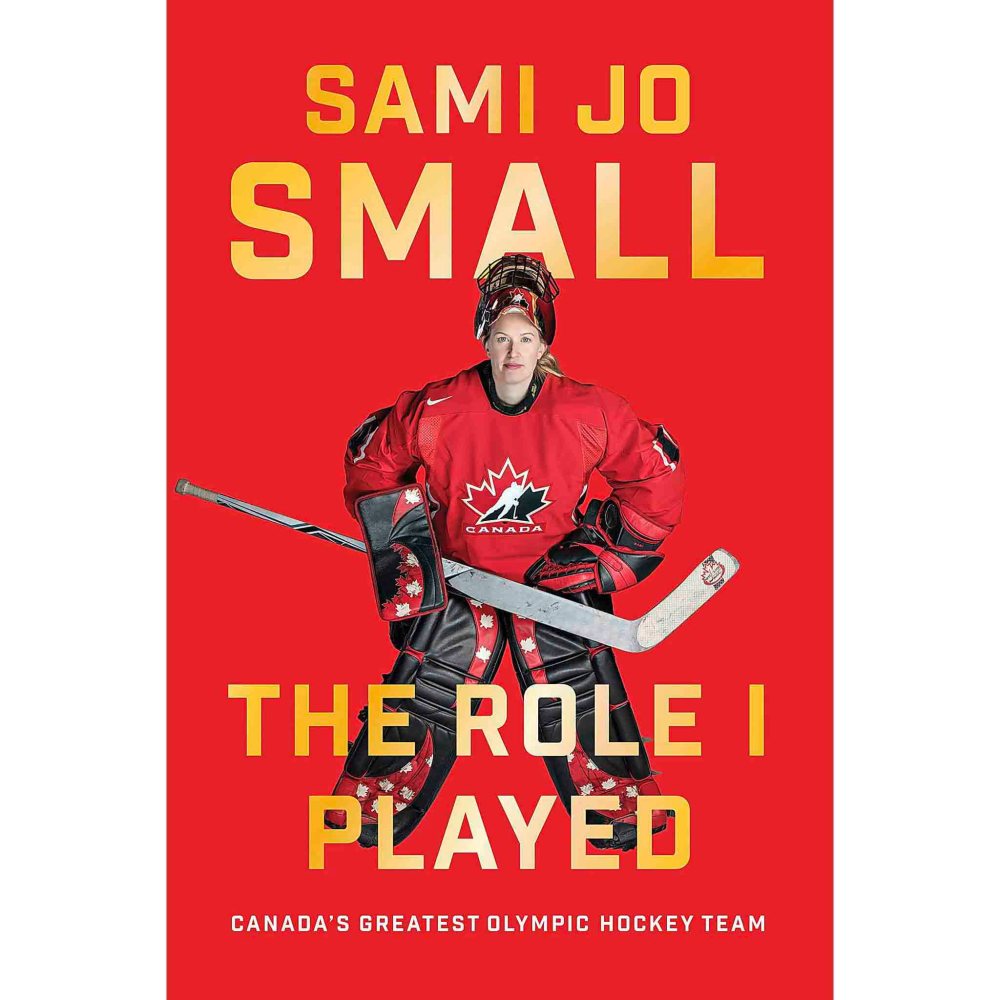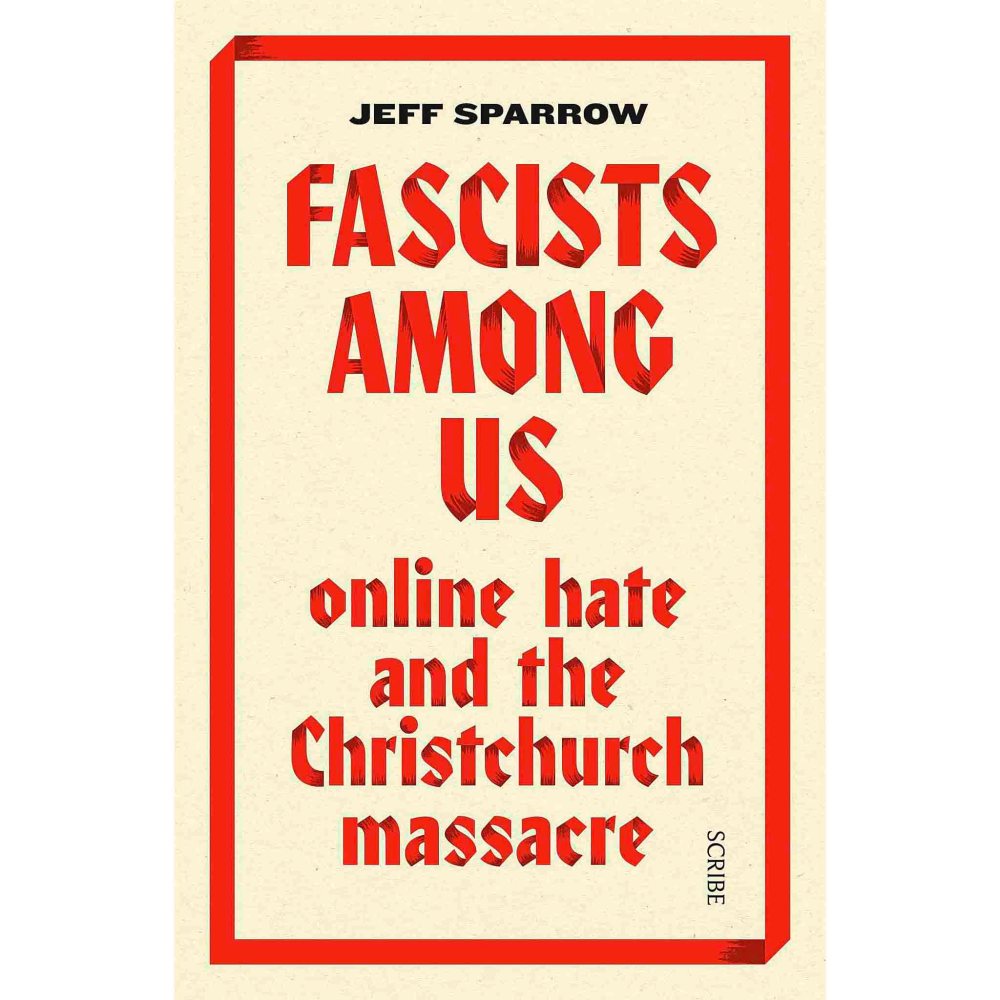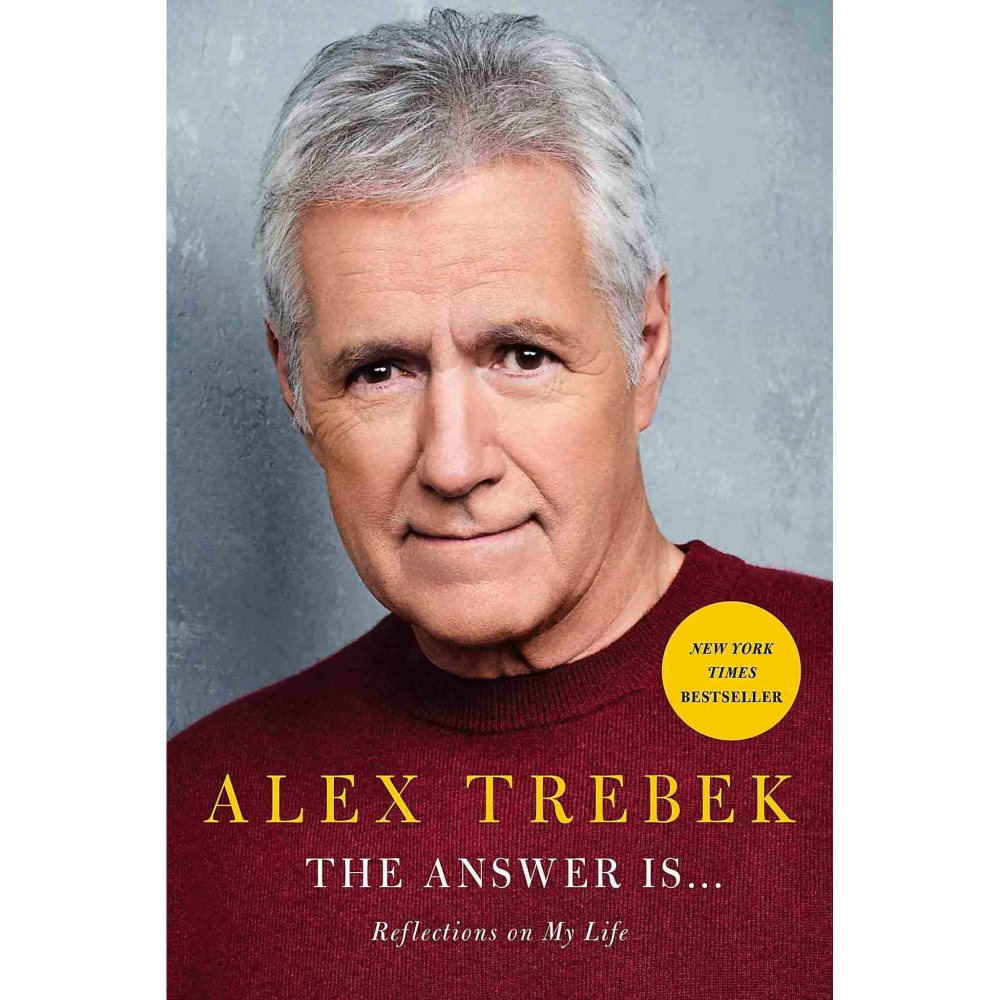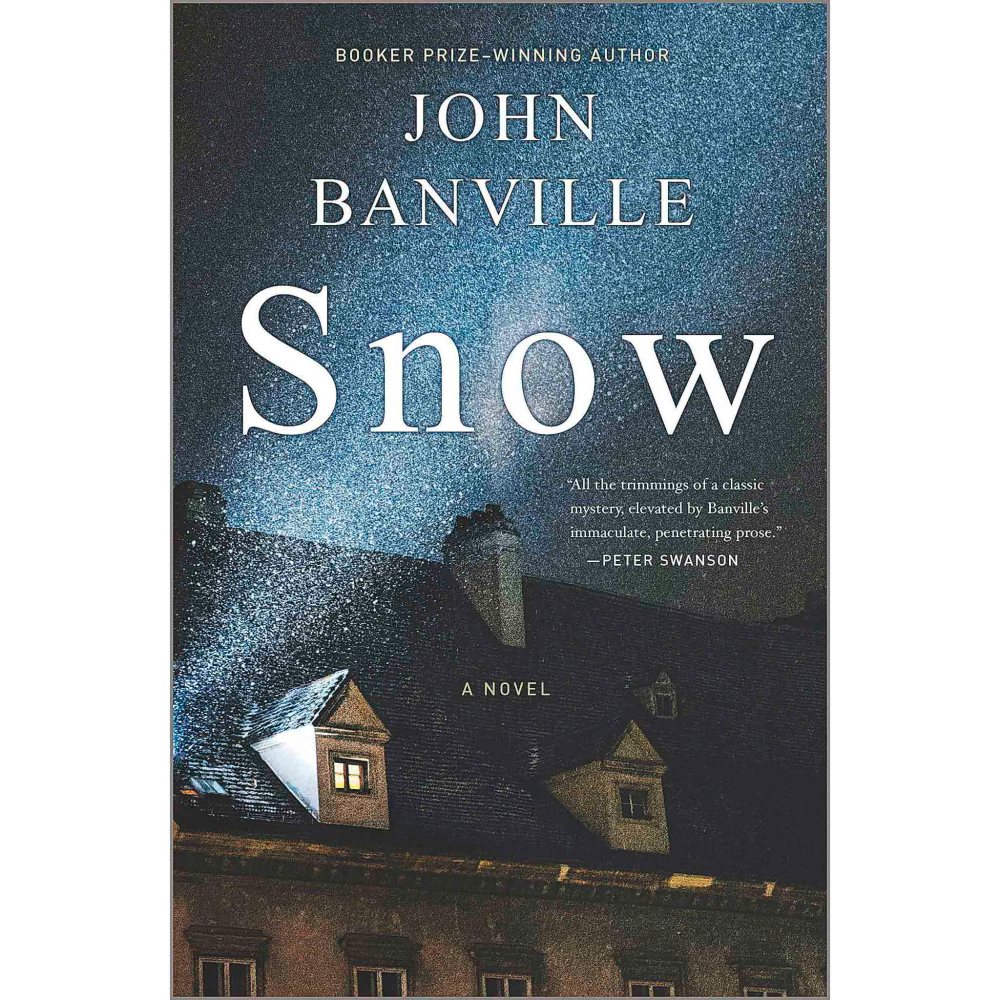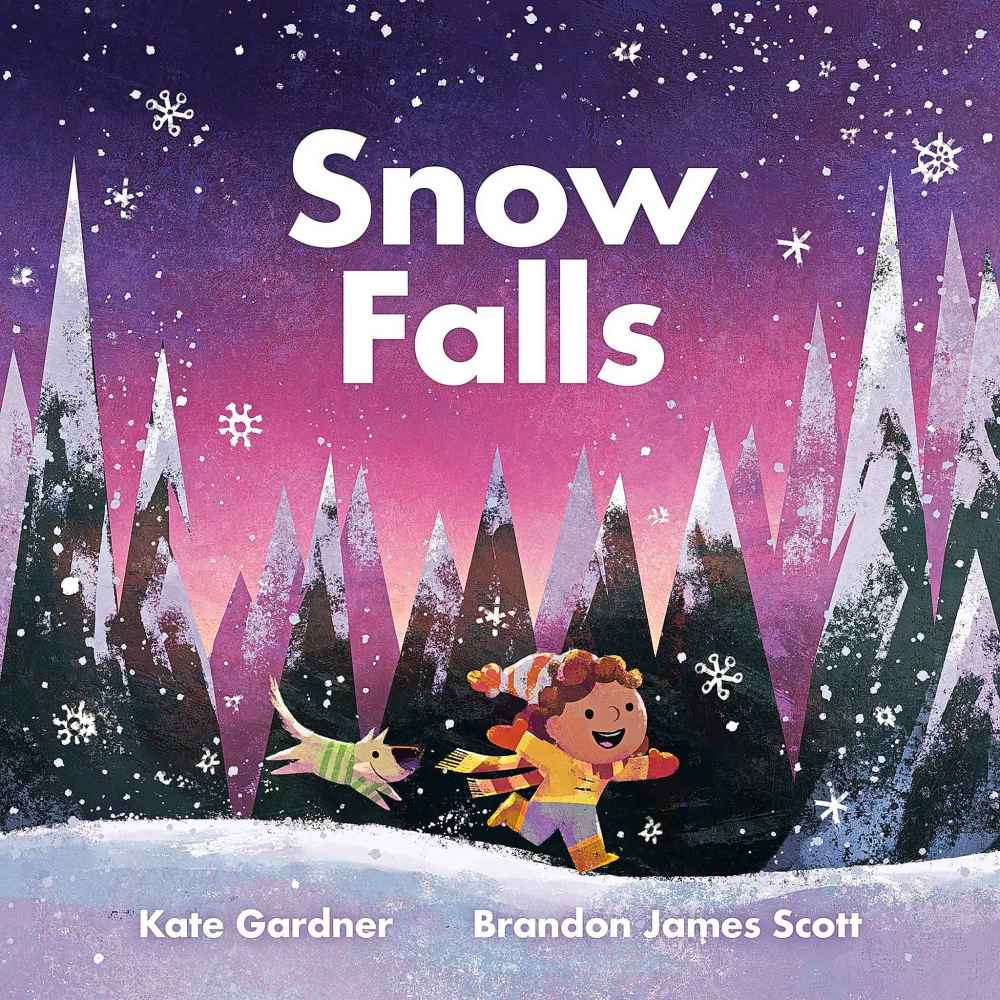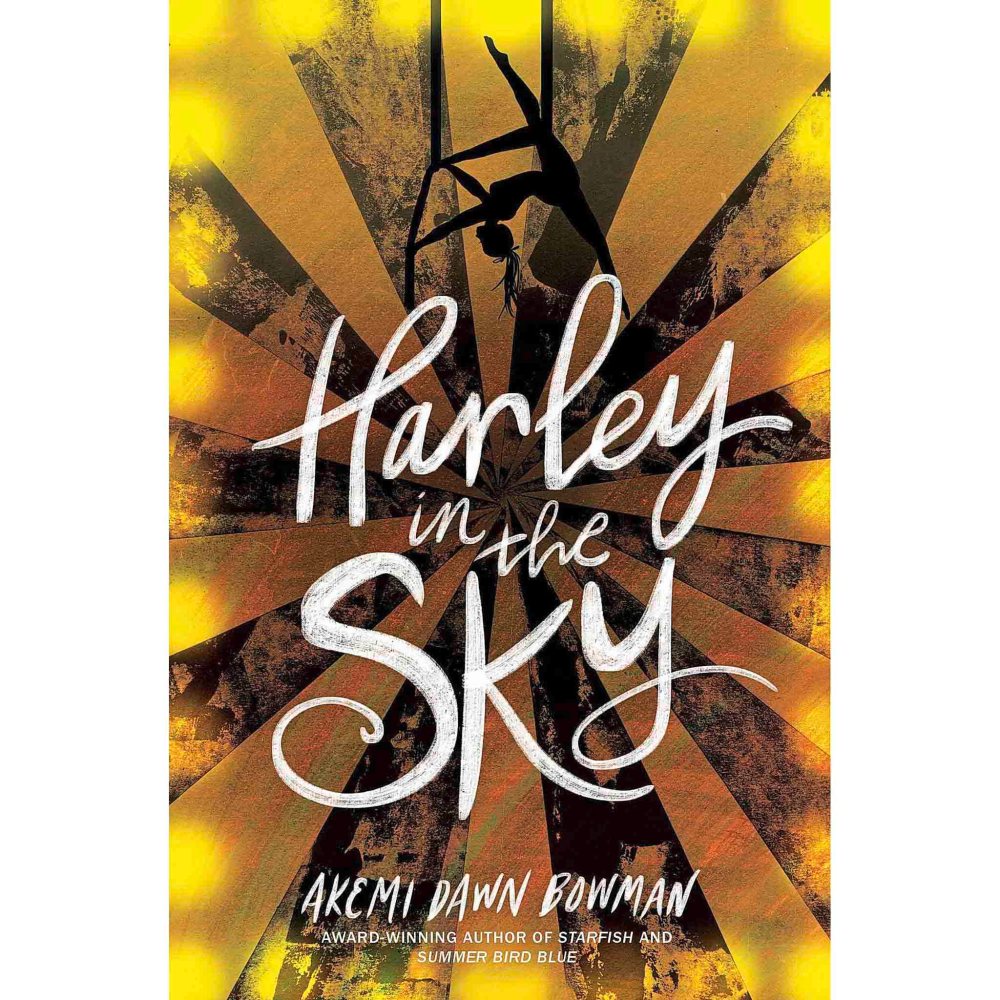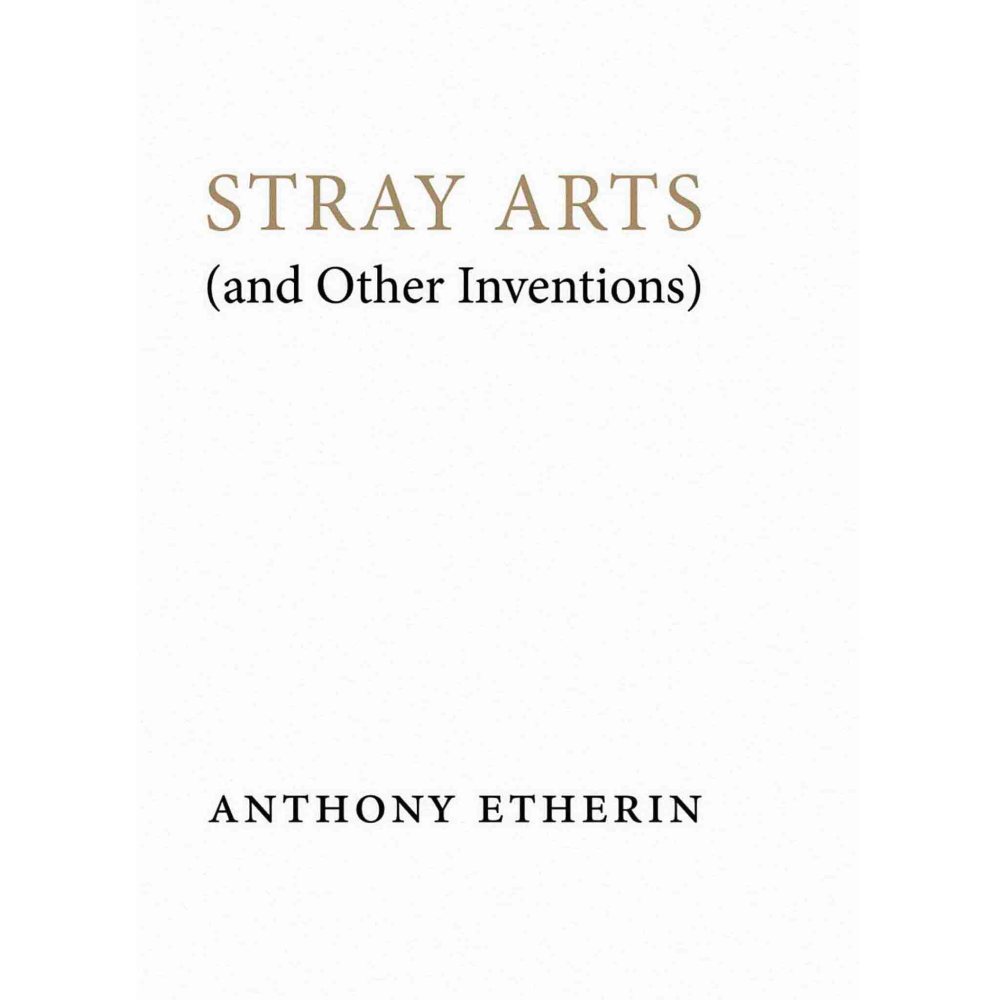Advertisement
Read this article for free:
or
Already have an account? Log in here »
To continue reading, please subscribe:
Monthly Digital Subscription
$0 for the first 4 weeks*
- Enjoy unlimited reading on winnipegfreepress.com
- Read the E-Edition, our digital replica newspaper
- Access News Break, our award-winning app
- Play interactive puzzles
*No charge for 4 weeks then price increases to the regular rate of $19.95 plus GST every four weeks. Offer available to new and qualified returning subscribers only. Cancel any time.
Monthly Digital Subscription
$4.99/week*
- Enjoy unlimited reading on winnipegfreepress.com
- Read the E-Edition, our digital replica newspaper
- Access News Break, our award-winning app
- Play interactive puzzles
*Billed as $19.95 plus GST every four weeks. Cancel any time.
To continue reading, please subscribe:
Add Free Press access to your Brandon Sun subscription for only an additional
$1 for the first 4 weeks*
*Your next subscription payment will increase by $1.00 and you will be charged $16.99 plus GST for four weeks. After four weeks, your payment will increase to $23.99 plus GST every four weeks.
Read unlimited articles for free today:
or
Already have an account? Log in here »
Hey there, time traveller!
This article was published 19/12/2020 (1838 days ago), so information in it may no longer be current.
While it’s an understatement to say 2020 was a challenge, many readers found a safe haven in books to help navigate this year’s choppy waters.
Here are more than 50 of the Free Press book reviewers’ top titles for 2020. Whether you’re looking for a break from reality or a fresh take on past or present events, one thing this year did provide was a strong slate of both fiction and non-fiction to help weather the COVID-19 pandemic.
— Ben Sigurdson, literary editor
FICTION

A Russian Sister
By Caroline Adderson
The subject of this absorbing and incisive biographical novel is Anton Chekhov, the acclaimed 19th-century Russian writer; the book covers the years of his earlier career as a medical doctor up to the opening night of his first successful play. Written in the voice of Chekhov’s younger sister, the vibrant, well-researched narrative includes droll descriptions, comic relief and wry observations about the playwright’s dysfunctional family as well as his romantic entanglements.
— Bev Sandell Greenberg
Anxious People
By Fredrik Backman
Idiots, idiots, idiots; they are everywhere in the new novel by Swedish author Fredrik Backman, but it is seldom that idiots are so much fun, or so revealing. This poignant comedy about a bank robbery that never really took place works on several levels: readers are able to smugly observe the idiots’ behaviour; the characters (idiots, if you will) slowly reveal hidden truths and traits about themselves; and it is full of love stories. It is also full of the Swedish author’s wry humour, his insight into people’s hidden lives and his compassion for those people.
— Chris Smith
Here the Dark
By David Bergen
Winnipeg novelist David Bergen returns to the short-fiction format with a powerful collection of seven stories and a novella that landed him on this year’s Giller Prize short list. From a small Prairie Mennonite community to Vietnam and beyond, Bergen’s characters grapple with matters of faith, doubt, hopelessness and, in more than once instance, violence.
— Ben Sigurdson
Devolution: A Firsthand Account of the Rainier Sasquatch Massacre
By Max Brooks
Max Brooks, the author of wildly popular zombie books (particularly World War Z, which was turned into a hit film starring Brad Pitt), has created a novel about a catastrophe not involving a pandemic (as was the case in World War Z), but a geological disaster. The disaster was alleged to have occurred in a tech commune at the base of Mt. Rainier, known to us now only through the found diary of Kate Holland, a member of the elite Greenloop community there. In short, both myth and nature rebelled.
— Chris Rutkowski
Sorry for Your Trouble: Stories
By Richard Ford
America’s master of insightful rumination, Richard Ford, best known for his trilogy of Frank Bascombe novels, offers a new collection of elegant short stories — fresh and clear views on some of life’s most universal experiences. These nine tales show male protagonists trying to decide whether they are happy, figure out what exactly it means to be happy, and determine what the women in their lives mean to them.
— Dave Williamson
Agency
By William Gibson
The latest novel from Vancouver-based William Gibson picks up a thread that started with 2014’s The Peripheral. Like that book, Agency features plenty of action across multiple timelines, and is plotted like a high stakes chase movie. The result is as anxiety inducing as the looming threat of global annihilation that acts as a backdrop to the action, not to mention the underlying themes Gibson explores. While readers don’t necessarily need to have read The Peripheral to enjoy Agency on its own, having done so allows the reader to jump into the story and enjoy the ride.
— Sheldon Birnie
The Midnight Library
By Matt Haig
Unbearably depressed, Nora no longer wants to live — that is, until she gets the opportunity to experience countless versions of her life, looking for the one that fits and brings her joy. Refreshingly straightforward, Matt Haig’s newest novel is a healing salve for the soul during a tough year for humanity. It’s also, deservedly, this year’s Goodreads Choice Award Winner for Fiction.
— Katrina Sklepowich
Cleanness
By Garth Greenwell
Raw, dangerous and unsparingly honest, Garth Greenwell’s Cleanness is a masterclass in contemporary queer storytelling. The American poet turned novelist examines the heartbreaking consequences of the shame that many gay men carry from their earlier lives.
— Greg Klassen
Nori
By Rumi Hara
As the eponymous Nori explores her surroundings in this vivid graphic novel by Rumi Hara, she envisions 1980s Osaka as a magical place full of new friends and mischievous talking wildlife, all with secrets to share. Rooted in folklore, history and a sense of wonder, Hara’s deft storytelling is coupled with gorgeous illustrations that will enchant any reader who, like young Nori, might be craving a little adventure.
— Nyala Ali
The Braver Thing
By Clifford Jackman
If you expect a pirate novel to be a swashbuckling, rollicking adventure filled with sea battles and treasure, you’d be half right with The Braver Thing. There’s plenty of action and gold, but the mood is sombre, the consequences are taken seriously and nobody in Clifford Jackman’s large cast of characters rollicks. Jackman’s narrative voice, dialogue and research transport the reader to an early 18th-century world that acts as a political parable, a-la George Orwell’s Nineteen Eighty Four or Arthur Koestler’s Darkness at Noon.
— Bob Armstrong
Maternity & Other Corsets
By Siobhan Jamison
Canadian writer Siobhan Jamison’s debut novel is a stunning work of literary fiction that will resonate with women who’ve ever looked back and cringed at certain choices in life. Jamison combines elegant, thoughtful prose with a moving story about women’s struggle for identity of self and their place in the artistic world. Given the depth and emotional authenticity of the story, one suspects Jamison’s own story inspired much of this novel.
— Kathryne Cardwell
The Family Clause
By Jonas Hassen Khemiri, translated by Alice Menzies
The Family Clause covers 10 days in the lives of a dysfunctional family. It has no grand over-arching plot, just a series of familiar, everyday conflicts, so richly detailed that they have the feel of having been personally experienced by Jonas Hassen Khemiri himself. Accessible, touching, funny and wise to the nuances of family dynamics, it’s a great introduction to this multi-award-winning author.
— Gene Walz
The Mirror & the Light
By Hilary Mantel
In this intricate, absorbing historical novel — an ambitious, 881-page conclusion to Hilary Mantel’s extraordinary Thomas Cromwell trilogy — our protagonist’s position is both more powerful and more precarious than ever. The tone is supple and sinuous, both tragic and drily funny, and the Man Booker-winning Mantel again demonstrates complete mastery of her subject. The detailed depiction of Henry VIII’s court never feels fusty, though, but urgent, immersive and, in some ways, strikingly modern.
— Alison Gillmor
Apeirogon
By Colum McCann
Apeirogon is a mesmerizing and moving hybrid novel by Colum McCann. Based on the real life friendship between Bassam Aramin, a Palestinian Muslim, and Rami Elhanan, an Israeli Jew — both of whom are mourning daughters lost to political violence — it is a story about anger, activism and acceptance, and is both unbearable and extraordinarily inspiring to read.
— Sharon Chisvin
A Diary in the Age of Water
By Nina Munteanu
Nina Munteanu presents an urgent warning story, one that looks back on our present moment, and the next 30 years, as an accelerating slide into environmental catastrophe. With a framing story that is largely post-humanity, a found diary from a scientist and mother of our era makes plain where we are headed if water-stealing corporations and bought-and-paid-for legislators aren’t reigned in and urgent action taken to stabilize the fluttering freshwater pulse of our planet. Like the works of Margaret Atwood and George Orwell, whose flavours seep through, this story works as both literature and persuasion.
— Joel Boyce
Stay Where I Can See You
By Katrina Onstad
This riveting, fast-paced novel involves a struggling Ontario family in the aftermath of their lottery windfall. They soon move into a house in Toronto, the husband quits his job and the teenage kids are enrolled in private schools. Things start to unravel when a boyfriend from the wife’s secret past makes contact. As a result, her present life starts to implode, wreaking havoc on her marriage and family.
— Bev Sandell Greenberg
Good Citizens Need Not Fear
By Maria Reva
This superb collection of short stories — which detail the lives of the inhabitants of a crumbling apartment block just before and after the fall of the Soviet Union with dark satire and human compassion — is as good as it gets. The Ukrainian-Canadian author is new to fiction but is already its master. Think of Nikolai Gogol and Franz Kafka as you read, while realizing the world can get even crazier than they imagined.
— Rory Runnells
Jack
By Marilynne Robinson
With this profoundly beautiful book — which could be read as a standalone volume, though it will be more fully understood as one part of Robinson’s Gilead series — the lauded Iowa-based writer continues her precise, potent examination of the workings of grace in everyday life. Set in St. Louis, Mo. in the late 1940s, the story reckons with race, religion and the troubling contradictions of American history, as Jack, the prodigal son of a Presbyterian minister, begins an impossible, inescapable love with Della, a young schoolteacher.
— Alison Gillmor
Shuggie Bain
By Douglas Stuart
The narrator of this Booker Prize-winning novel is an adult gay man looking back on his impoverished childhood in a Glasgow housing project as the son of an alcoholic single mother. The Scottish dialect is thick, but the prose is incandescent and the impact of a misunderstood disease is searingly stated.
— Morley Walker
My Summer of Love and Misfortune
By Lindsay Wong
Vancouver’s Lindsay Wong follows up her popular memoir, The Woo-Woo, with a funny and quirky novel about 17-year-old Iris Wang who, having flunked her senior year in a New Jersey high school, is sent off by her father to spend the summer with her wealthy uncle in Beijing. Iris tells her own adventurous story in such an engaging way that this novel, which is aimed at a young adult audience, can easily be enjoyed by all fiction lovers.
— Dave Williamson
NON-FICTION
The Bird Way: A New Look at How Birds Talk, Work, Play, Parent, and Think
By Jennifer Ackerman
The Bird Way, Jennifer Ackerman’s welcome follow-up to her celebrated The Genius of Birds, focuses on the extreme “and sometimes alarming” behaviours of world birds. A deep and wide-ranging examination of just how intelligent birds are, it succeeds because Ackerman is a birder herself and an expert at knowing where to go, who to interview, what questions to ask and stories to tell.
— Gene Walz
Apropros of Nothing
By Woody Allen
He may be a decade or two past his prime as a comic filmmaker, but as a prose writer and an icon of a previous era of New York City, Allen displays the right stuff. This memoir is beautifully written, always intelligent and informative and often very funny. The cancel-culture warriors are out to lunch on this one.
— Morley Walker
Let’s Never Talk About This Again: A Memoir
By Sara Faith Alterman
A funny and surprisingly touching memoir about author Sara Faith Alterman’s teenage revelation that her father, a goofy, wordplay-loving dad who would skip through the kissing scenes in any movie, had authored several bawdy adult humour books before she was born.
— Alan MacKenzie
A Life on Our Planet: My Witness Statement and a Vision for the Future
By David Attenborough
Nature writer and TV host Sir David Attenborough is best known for his wonderful and visually appealing books BBC series on nature and our world, and A Life on Our Planet is the companion volume to the new series now streaming on Netflix. But unlike his previous books and films such as the acclaimed Life on Earth and The Blue Planet, his latest offering is very different. A Life on Our Planet, as he explains patiently and clearly, is Attenborough’s “witness statement,” a testimony before his peers and those who would stand in judgment of his view that life on Earth, including human civilization, is dying.
— Chris Rutkowski
The Room Where It Happened: A White House Memoir
By John Bolton
There’s an old saying that encapsulates John Bolton’s take on the 45th president of the United States — “all sizzle and no steak.” The major takeaway from the former national security advisor’s book is that U.S. foreign policy under Donald Trump is based not on knowledge, analysis or reason, but rather on the ebb and flow of the president’s humongous ego.
— Douglas J. Johnston
Kleptopia: How Dirty Money is Conquering the World
By Tom Burgis
Tom Burgis, a Financial Times reporter, has written an appalling account of how trillions of ill-gotten dollars have resulted in a culture of corruption that is undermining democracy and the rule of law. The plundering of the public purse following the collapse of the Soviet Union and the bank bailouts by governments during the 2008 financial crisis helped to create a fabulously wealthy and unscrupulous elite. Burgis provides world-wide examples, notably from America, Britain, Russia and China, of how they seize power through fear and the force of money and then privatize that power.
— John K. Collins
The Great Pretender: The Undercover Mission That Changed Our Understanding of Madness
By Susannah Cahalan
Susannah Cahalan’s The Great Pretender is an important deep dive into the practice — and malpractice— of psychiatry in the United States over the past 50 years. Like its subject, the book defies easy diagnosis. Suffice to say it is part thriller, part whodunit, part historical review, often funny, always intelligent and goes down as easy as a cool drink on a hot day.
— Gerald Flood
The Skin We’re In: A Year of Black Resistance and Power
By Desmond Cole
Toronto author Desmond Cole’s timely book captures the ways in which racism in Canada continues to rear its ugly head — in encounters with law enforcement, the education system, matters of immigration, refugee experiences and well beyond. And while Cole’s powerful month-by-month account specifically chronicles events that took place in 2017, the sad fact is that it could have just as easily have been about any given year.
— Ben Sigurdson
The Adventurer’s Son: A Memoir
By Roman Dial
Mountaineer-turned-biologist Roman Dial writes an inspiring and tragic tale about introducing his son Cody to a life of outdoor adventure, and subsequently spending years searching for a now-grown Cody in the wildest and most dangerous forests of Costa Rica. The Adventurer’s Son is a detective story combined with a thoughtful exploration of the desire to experience life fully and the risks that can entail.
— Bob Armstrong
Had I Known: Collected Essays
By Barbara Ehrenreich
Had I Known is a collection of 40 pithy essays written over the past 30 years by American provocateur Barabara Ehrenreich. It is a testament to her talents and prescience that the pieces remain as fresh and cogent today as they were originally. Take this, for example, from a 1986 essay ridiculing a myopic Republican investigation of the perils of porn: “Violence against women, to take the most unpleasant form of ‘subordination,’ predates the commercial porn industry by several millennia.”
— Gerald Flood
The Truth About the Barn: A Voyage of Discovery and Contemplation
By David Elias
This is a lovely, gentle and sometimes humorous meditation on these buildings that dot the countryside. It is a pleasure to spend a few hours with David Elias, thinking about barns.
— Jim Blanchard
Abandoned Alberta
By Joe Chowaniec
Edmonton photographer Joe Chowaniec offers a different look at Alberta’s backstory in this lusciously stark, coffee table-sized book. After logging 10,000 kilometres of road travel over four years, the seasoned national photographer has taken a passionate curiousity about derelict homesteads, storefronts and barns and morphed it into a mesmerizing showcase of rot and rust. The unstaged photographs do the talking; the text is brief, the images huge, haunting. If a picture really is worth a thousand words, Chowaniec must be drowning in text.
— GC Cabana-Coldwell
Tiff: A Life of Timothy Findley
By Sherrill Grace
An accomplished literary critic as well as a skilled biographer, Sherrill Grace walks us through Timothy Findley’s life and work — novels, plays and screenplays, and memoirs — in fine detail. On one hand, she shows us the pervasive connections between Findley’s life and his writing; on the other, she shows us that Findley gives us fully formed fictional characters, themes and plots rather than thinly disguised reproductions of his familiars or the places they lived.
— Neil Besner
Masters of the Air: The Great War Pilots McLeod, McKeever and MacLaren
By Roger Gunn
Edmonton author Roger Gunn evokes the danger, sacrifice, courage and tragedy that informed the lives of three great Canadian aces of the First World War. His effort is a sterling work of Canadiana and Canadian military history.
— Graeme Voyer
Reaching Mithymna: Among the Volunteers and Refugees on Lesvos
By Stephen Heighton
Stories that we read in the news, like Syrian refugees fleeing to Greece, can seem remote until someone brings a personal perspective to them. In Reaching Mithymna, Steven Heighton uses humour and a compelling style to relate the insights he gained as a volunteer working with Syrian refugees in Lesvos. The result is a fascinating, if sometimes disturbing, account of migrants in crisis and the people who helped them.
— Susan Huebert
Techno-Fixers: Origins and Implications of Technological Faith
By Sean F. Johnston
Before there was an app for that, there were widespread technological fixes in society — some minor, many major — that made life easier. Modern society and its technologies have become mutually dependent, but it is time to temper the torrid love affair, writes Sean F. Johnston, a professor of science, technology and society at the University of Glasgow. Those heralded fixes have left a host of environmental and social problems, from urban sprawl to plastic waste to climate change to nuclear waste — problems that went unrecognized, or hidden, until widespread damage was done.
— Chris Smith
Blue Sky Kingdom: An Epic Family Journey to the Heart of the Himalaya
By Bruce Kirkby
Travel writer and adventurer Bruce Kirkby and wife Christine Pitkanen take their young sons on the trip of a lifetime as they journey to a remote valley in the Himalayas. Once there, the family spends the next three months living in a Buddhist monastery in primitive conditions. Each of the four finds the unique experience of being in a totally foreign environment to be thrilling and eye-opening. Kirkby’s wonderful photos alone make this book worth buying.
— Andrea Geary
The Last Goldfish: A True Tale of Friendship
By Anita Lahey
A true friendship is rare, but it can help shape the future in ways barely imaginable. In The Last Goldfish, Anita Lahey tells the story of her connection with her classmate, Louisa, that started in school and lasted past graduation and into adulthood. Through personal anecdotes and diary entries, the author tells of the struggles and joys dealing with her friend’s terminal illness, on top of the normal stresses of growing up.
— Susan Huebert
Something That May Shock and Discredit You
By Daniel Lavery
This collection of essays by the founder of the Toast website and author of Texts From Jane Eyre deals in part with his transition, but exuberantly bursts free of the bonds of traditional memoir. Blending myth and biblical references with reality TV and Golden Girls, Lavery’s quicksilver mind makes dazzling connections while plumbing the depths of his experience; erudite, moving, wonderfully clever and LOL-worthy, Something is really something.
— Jill Wilson
Distorted Descent: White Claims to Indigenous Identity
By Darryl Leroux
Saint Mary’s University associate professor Darryl Leroux rings alarm bells about how some 200,000 Canadian “white settlers” have redefined themselves as Métis over the past 15 years, feeding a surge in race-shifting to claim Indigenous identity and the power, status and benefits that go with it. This recent phenomenon is about people who, for some 300 to 350 years, have identified as white, and are now basing their new identity on an Indigenous blood line, if there is one, that is so diluted that anthropologists have taken to calling it “racial homeopathy.”
— Sheilla Jones
Serendipity: My Path Through Life and Law
By Jack R. London
Renowned, trailblazing Winnipeg lawyer Jack London turned his spectacular life and career into a memorable memoir and an excellent read. A colourful combination of personalized anecdotes, law cases and legal opinions, Serendipity features cogent arguments for many of London’s views. Jack London has lived an extraordinary life, and is more than wise enough to appreciate it as will readers of his important autobiography.
— Brenlee Carrington
The End of Everything (Astrophysically Speaking)
By Katie Mack
Astrophysicist Katie Mack’s thoroughly entertaining new book combines popular science with plenty of wry humour to render even the most mind-boggling concepts concerning the cataclysmic destruction of all matter in the universe more or less comprehensible — and fun! — to a lay audience.
— Michael Dudley
One Good Reason: A Memoir of Addiction and Recovery, Music and Love
By Séan McCann and Andrea Aragon
Great Big Sea co-founder Séan McCann and wife Andrea Aragon recount his time with Canada’s party band, its eventual demise, his struggles with alcoholism and the terrible secret of sexual abuse he tried to drown in drink for decades. An honest and raw memoir, it tells the story of one couple’s struggle with addiction from both sides, with the authors alternating every few chapters.
— Alan MacKenzie
All Things Being Equal: Why Math is the Key to a Better World
By John Mighton
John Mighton destroys the false dichotomy between back-to-basics and exploratory pedagogical camps in his follow up to The End of Ignorance. In All Things Being Equal, Mighton argues that all children can learn maths, and that they have the right to learn maths deeply. For Mighton, this is a matter of social justice that resonates in his stance on maths instruction: that inquiry must be structured, and that if a child hasn’t learned something, it’s our problem as the educator.
— Matt Henderson
Willie: The Game-Changing Story of the NHL’s First Black Player
By Willie O’Ree with Michael McKinley
This is the autobiography, well told, of the first Black player to make it to the NHL. O’Ree was that guy 62 years ago, when players had yet to wear helmets or goalies a mask, but everybody sure knew about stitches — and lots of them. Willie is a significant book about one man who, when he opened the Pandora’s box of racial prejudice in hockey, looked it in the eye and slammed it shut.
— Barry Craig
The Lost Pianos of Siberia
By Sophy Roberts
In immersive prose capable of scaling snowbanks or subduing snowflakes, English travel writer Sophy Roberts takes us through Siberia. Geography, culture and history, she demonstrates, have made the region a fragile treasury for prized pianos — Steinways, Beckers and the like. We accompany her searching for a worthy instrument for a musician-friend, encountering diverse people and places — contemporary, historical and fictional. It is a trek that shatters any notion of Siberia being a monolithic or irredeemable realm.
— Gail Perry
Black Water: Family, Legacy, and Blood Memory
By David A. Robertson
Part memoir of his relationship with his father and part thesis on reconciliation, Winnipeg author David A. Robertson’s magical storytelling, honesty and sense of humour come alive in Black Water. Robertson recounts the struggle of being disconnected from his father when his parents separated during his formative years, and how this disruption stunted his ability to come to terms with his indigeneity. When his father reunites with the family, Robertson begins a slow and often painful journey to reconnect with his family, with what it means to be Cree, and with the land itself. At its essence, Black Water is a critical read for white settlers to begin to contemplate what reconciliation really means.
— Matt Henderson
The Role I Played: Canada’s Greatest Olympic Hockey Team
By Sami Jo Small
Crackerjack world-class (and Winnipeg-born) goaltender Sami Jo Small doesn’t say so in her memoir, but hockey goalies per se could well be this country’s romantic, fearless and armoured symbol of civilized combat. The Role I Played is worth it to two kinds of people — hockey buffs and those who yearn for inspiration.
— Barry Craig
Fascists Among Us: Online Hate and the Christchurch Massacre
By Jeff Sparrow
Highlighting the Christchurch, New Zealand massacre by a right-wing zealot, Australian writer and broadcaster Jeff Sparrow presciently warns that liberal democracies are under threat — from trolls on extremist 21st-century websites, from radio and television hosts spouting radical views, and from would-be demagogues adept at manipulating public opinion. A collective sigh of relief can be heard coming from the world’s oldest democracy…
— Joseph Hnatiuk
The Answer Is… Reflections On My Life
By Alex Trebek
The Answer Is… is a delightfully engaging autobiography, giving an engaging and satisfying sense of the who the late Alex Trebek was: an interesting and very successful man, caring and grateful even in the face of adversity. Many people would benefit from his positive outlook on life.
— Bill Rambo
SUSPENSE
Snow
By John Banville
A Catholic priest is stabbed in the neck and castrated while visiting the manor of moribund Protestant gentry in 1957 Ireland, as a snowstorm rages. From Dublin comes D.I. St. John Strafford, a Protestant assigned not so much to solve the crime, but to ensure no Catholic dirty laundry gets aired. In a country in which the Catholic church is not just above the law — it is the law — former Booker Prize winner John Banville has turned a whodunit into a masterful and mesmerizing literary work.
— Nick Martin
CHILDREN’S
Early Readers (2-6)
Beginning readers and pre-schoolers who love pictures will both enjoy Snow Falls by Boston author Kate Gardner, illustrated by Brandon James Scott. Reminding youngsters of the many things to enjoy about snow (snow blows, snow glows, snow slides, etc.), the gorgeous multicolored illustrations make this a delight to the eye plus a page-turner for the younger set.
Mid-Level (7-11)
If you had the chance to explore a magical garden where statues come to life — and where there is a secret tunnel under a pool and an invisibility cloak that lets you trespass on the unnatural inhabitants — wouldn’t you jump at the chance? Middle-level readers will enjoy The Girl and the Witch’s Garden by American writer Erin Bowman.
Twelve-year-old Piper Peavey is familiar with Mallory Estate in rural Connecticut. But when her father becomes ill she hears rumours of a magic potion granting eternal life hidden somewhere in the garden, and she knows she has to find it. Plenty of suspense and intrigue to keep readers immersed in the pages.
Teen/young adult (12 and up)
If you’ve always dreamed of running away to the circus, then Akemi Dawn Bowman’s Harley in the Sky is the book for you. The book follows Harley Milano as she rejects her parents’ wish that she attend university and joins a circus instead. But to reach her goal Harley has to betray her father.
This is a multi-layered novel that links bravery with treachery and romance with misery. It’s clear there is plenty of hard work in being part of a circus, and rivalries among the members can put up obstacles that are stronger than the trapeze bars.
— Helen Norrie
POETRY
Stray Arts (and Other Inventions)
By Anthony Etherin
A virtuosic collection where many of the poems are anagrams (poems whose lines contain exactly the same letters) or palindromes (poems that read the same backwards and forwards), and many are aelindromes (a form invented by Etherin, which is too complicated to explain here).
An impressive, masterful addition to an already-incredible body of work, and a necessary addition to the library of any lover of modern poetry.
— Jonathan Ball
books@freepress.mb.ca
History
Updated on Wednesday, February 24, 2021 8:33 AM CST: Corrects typo.


